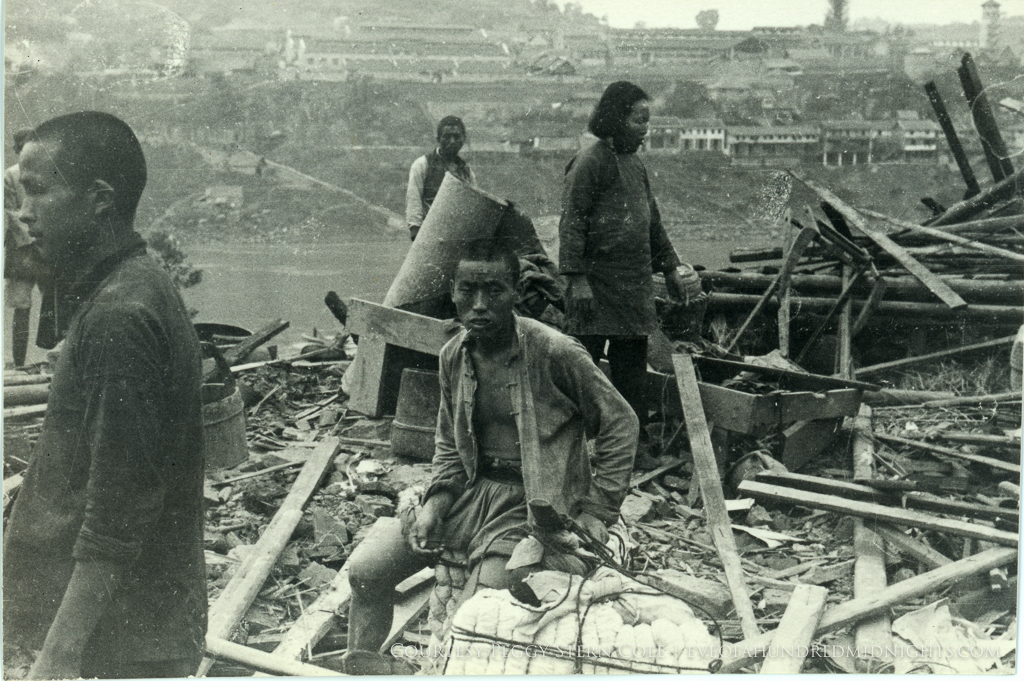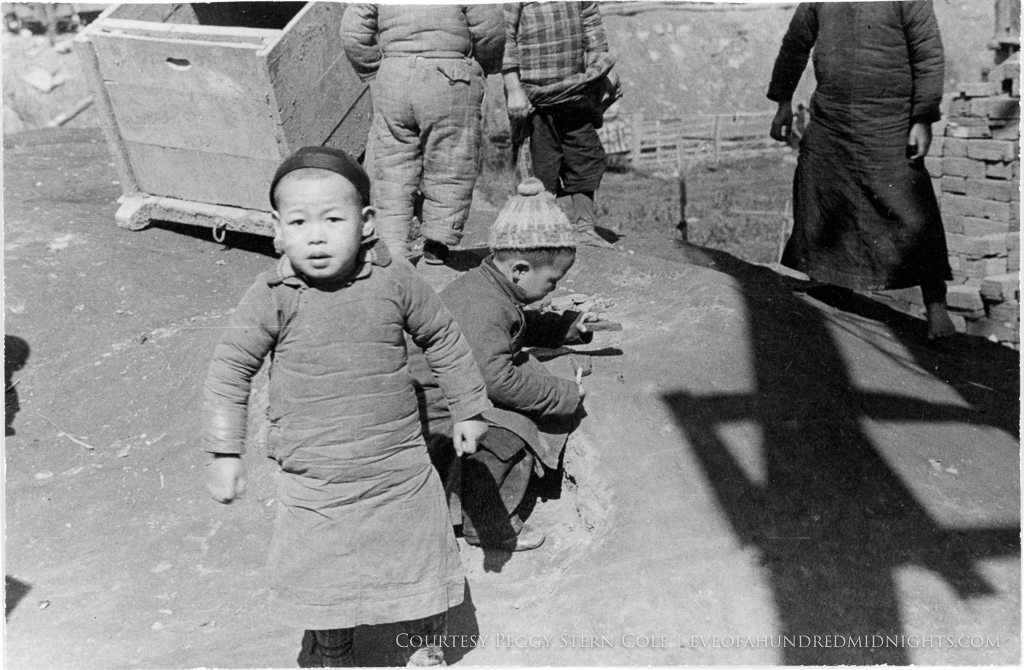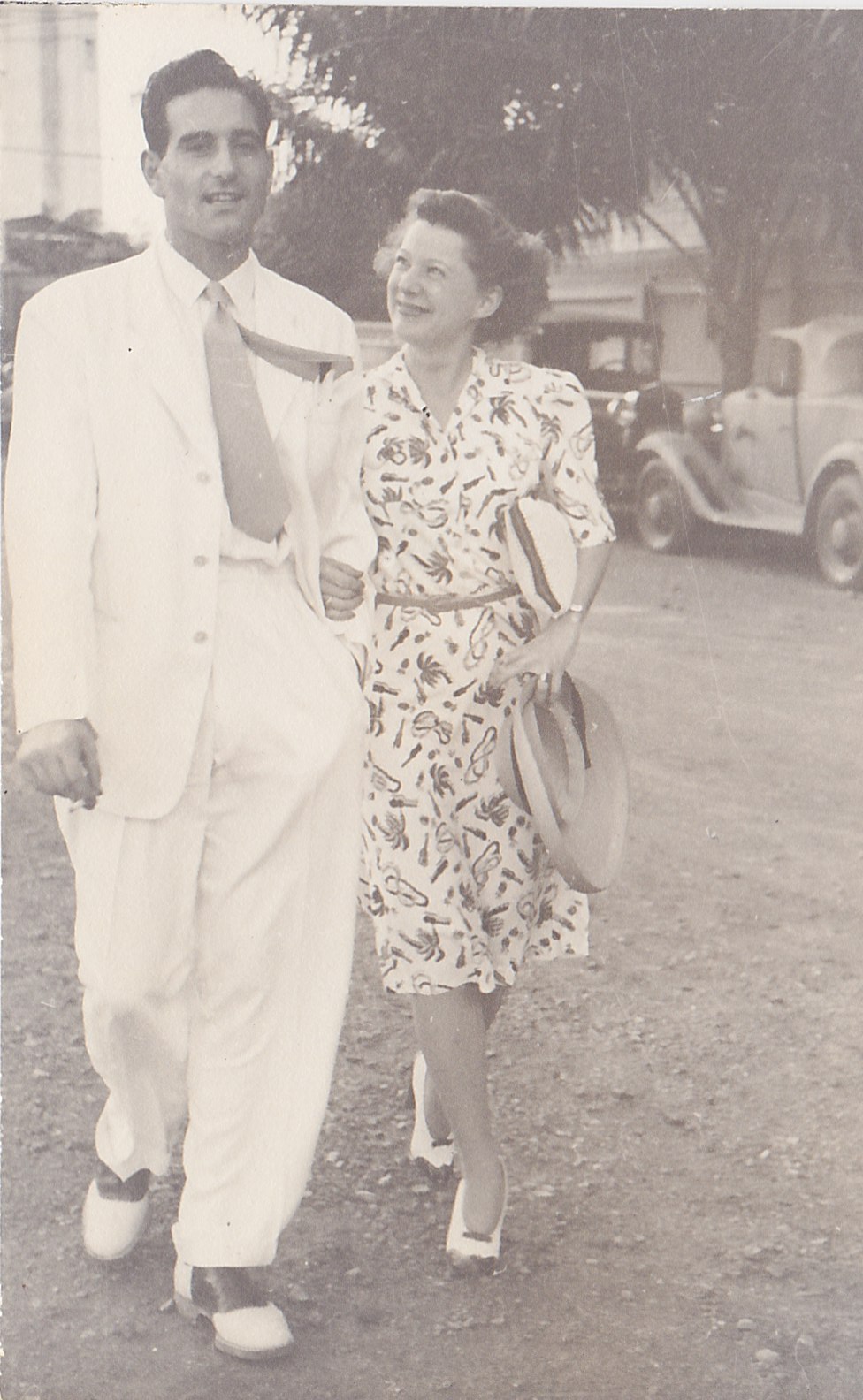Infamy in Manila
Today is the anniversary of the attacks on Pearl Harbor and the Philippines that brought the United States into World War II as a combatant. In Manila, reporters Melville Jacoby, Annalee Whitmore Jacoby, and Carl Mydans sprung into action to cover the conflict. Here's an excerpt from the book Eve of a Hundred Midnights, by Bill Lascher and published by William Morrow, describing their experience of that harrowing first day.
Newlywed reporters Melville and Annalee Jacoby at work together during the outset of World War II. Photo Courtesy Peggy S. Cole.
Communication lines with Hong Kong were silent.
Radios tuned to Bangkok broadcasts received dead air.
Wireless communications with the United States carried only static.
The streets outside the Bay View were empty.
The morning of December 8, 1941, was deceptively quiet. Then the phone rang.
It was Carl Mydans. Pearl Harbor had been bombed. A newspaper slipped under Carl’s door declared the news in bold headlines. Melville Jacoby didn’t believe his colleague, so he looked at his own paper and “saw some screwy headline that had nothing to do with Honolulu.”
Still doubtful about what Carl had told him, Mel went back to bed, but he couldn’t fall back asleep.
He called Clark Lee, who confirmed the news.
There had been ever-more-frequent Japanese flybys of the Philippines in the preceding days, but still, the news was a shock. “We’d known about the Japanese flights, all the other signs, but we didn’t quite believe it even out there,” Mel wrote.
While Mel was on the phone with Clark there was a knock at his door. He hung up and heard another knock, heavy and insistent. Mel found Carl standing outside the hotel room door, already dressed and ready to head into the city.
That World War II would be fought, and won, in the skies was clear early in the conflict. Though Japan delivered its first blows at Pearl Harbor, more than 6,000 miles across the Pacific from the Philippines, it followed its opening act with devastating raids on two airfields—Clark and Nichols Fields—in the Philippines. Two squadrons of B-17 bombers, dozens of P-40 fighters, and other planes were destroyed, eliminating much of the matériel that had been sent at General Douglas MacArthur’s request.
Despite the news of the attacks in Hawaii nine hours earlier, the planes had been left in the open while their pilots ate lunch nearby. Flyers didn’t receive warnings of the approaching Japanese planes until they were almost overhead.
“By noon the first day, pilots were waiting impatiently on Clark field for take-off orders to bomb Formosa,” Annalee Jacoby wrote, referring to the Japanese-occupied island now known as Taiwan. “Our first offensive action had to wait for word from Washington — definite declaration of war. Engines were warmed up; pilots leaned against the few planes and ate hot dogs.”
Twenty minutes later, without warning, Annalee wrote, fifty- four enemy bombers arrived, delivering a brazen, devastating raid on Clark Field that crippled an already underprepared American garrison.
These raids sparked a decades-long debate about who was responsible for the blunder, but whoever should be blamed, the United States lost fully half of its air capacity in the Philippines in this one devastating first day of the war.
“MacArthur’s men wanted to fight—but most of all they wanted something to fight with,” Mel wrote in a flurry of cables he sent Time following the war’s commencement and the air- fields’ decimation. Unfounded rumors of convoys and flights of P-40s coming to join the fight began almost as soon as the attacks subsided. They would not cease for months.
On that morning, Manila’s Ermita neighborhood was quiet. Mel arranged a car for the Time employees to share. Together they raced up Dewey Boulevard, to Intramuros, the walled old- town district that had been Spain’s stronghold during its 300- year occupation. When they reached the U.S. Army Forces in the Far East (USAFFE) headquarters at 1 Calle Victoria, they found MacArthur’s driver, who had arrived early in the morn- ing, asleep in his car.
“Headquarters was alive and asleep at the same time,” Mel wrote. MacArthur’s staff was weary-eyed but busy as they girded for war. Within hours, helmeted officers carrying gas masks on their hips raced back and forth across the stone- walled headquarters, stopping only briefly to gulp down coffee and sandwiches. The general himself was his usual bounding self, striding through the headquarters as staff and other wit- nesses confirmed reports of attacks throughout the Philippines. Mel and Carl were concerned about their jobs. Would wartime censorship clamp down on their reporting?
“The whole picture seemed about as unreal to USAFFE men as it did to us,” Mel later wrote. “We couldn’t believe it, and MacArthur’s staff had hoped the Japanese would hold off at least another month or so, giving us time to get another convoy or two in with the rest of the stuff on order.”
This hesitation, of course, was partly to blame for the devastation that occurred that day and the unsettled footing with which American forces fought during the brutal months to come.
Meanwhile, deep-seated racial prejudices kept many Americans from believing that Japan was capable of carrying out the attacks.
“Those days were eye-openers to many an American who had read Japanese threats in the newspapers with too many grains of salt tossed in,” Mel wrote. “They still couldn’t believe the yellow man could be that good. It must be Germans; that was all everyone kept saying. We were just beginning to pay for years of unpreparedness. The shout ‘It’s Chinese propaganda’ had suddenly lost all traces of plausibility.”
Regardless of who was to blame, U.S. forces reeled.
Manila was quiet even as chaos engulfed the headquarters, where a scrum of reporters waited for updates. Rumors flew beneath the shady trees of Dewey Boulevard, rippled up the Pasig River, and raced past the storefronts along the Escolta.
“The whole thing has busted here like one bombshell, though, as previous cables showed, the military has been alert over the week,” Mel would soon write.
As the realization of what had begun set in, Manila residents rushed through the city, withdrew cash from banks, stocked up on food, and bought as much fuel as they could before rationing was ordered. Businesses quickly transformed basements into bomb shelters. Sandbags became scarce. As would happen all over the United States, local military rounded up anyone of Japanese descent, whether they were Japanese nationals or not. The Philippines waited for war.
From Eve of a Hundred Midnights, by Bill Lascher and published by William Morrow (2016). For the story of the Jacobys' last-minute escape from the Philippines and to learn about their work as war correspondents in China and the Philippines, find Eve of a Hundred Midnights at your favorite bookseller, or order it from Indiebound, Powell's, Amazon, or Barnes & Noble.
Into the Blackness Beyond
"We are remembering MacArthur’s men, how hard it was to finally leave, how lucky the three of us are."
On February 23, 1942, Seventy-five years ago as I write, Melville and Annalee Jacoby crossed the two-mile-wide channel between the fortress island of Corregidor and the besieged Bataan Peninsula for the last time. There, there would wait until sundown when a small inter-island freighter, the Princesa de Cebu, arrived in the channel, ready to sneak through the Japanese blockade surrounding the Philippines' largest island, Luzon. Their hope: escape to unoccupied portions of the Philippines and then, if they were lucky, find another ship through Japanese waters to allied territory. Here is the story of that night as told in the bestselling book, Eve of a Hundred Midnights:
“We sit by the side of a Bataan roadway waiting,” Mel wrote as he and Annalee absorbed their last moments on the peninsula amid a thick knot of banyan trees near the shore. “Our visions of past months of war are vivid, clouded only momentarily during this waiting by thick sheets of Bataan dust rolling off the road every time a car or truck races by. We wonder for a moment when we will return—and how.”
Finally, escape was in sight. At dusk, a launch would arrive to take the Jacobys to the Princesa de Cebu. That ship, they hoped, would then slip past enemy patrols at the mouth of Manila Bay and carry the reporters through the Philippines—possibly even farther across treacherous, Japanese-controlled sea-lanes and on to refuge in Australia, thousands of miles to the south.
Through a pair of binoculars borrowed from a soldier on the Bataan coast, Mel peered south toward Manila. He thought he could see the rising sun of the Japanese flag fluttering over the Manila Hotel, the same place where he’d had his last Christmas dinner, where Annalee had danced with Russell Brines and Clark Lee had urged Mel to flee the Philippines. He knew that Carl and Shelley were somewhere beneath that fluttering crimson-and-white banner. A reliable confidential source had told Mel that the Mydanses were among the thousands in captivity at Manila’s Santo Tomas University, which the Japanese had turned into an internment camp. However, it had been a month since that report.
That day Mel and Annalee felt as “impregnable as the mountain,” almost invincible “for the first time in this war.” Finally, they were leaving, Mel wrote, recalling people and moments from his six weeks on Corregidor and Bataan. Leaving everything. Leaving General Douglas MacArthur. Leaving the general’s trusted lieutenants, who had become their friends. Leaving the scores of men they’d met at the front whose stories had yet to be told. They were leaving all of them behind, “most of all the scared Pennsylvania soldier who ran the first time he heard [Japanese] fire but who braved machine gun fire the second time to carry his officer off the field.”
As the Jacobys walked along the tree trail, a Jeep carrying two officers skidded into the dirt. The noise and dust shook Annalee and Mel back into the moment. They stood up and greeted the officers. It was the first time Mel really registered the weariness on the faces of those fighting in Bataan. Despite the fatigue in their eyes, neither officer mentioned their exhaustion. Instead, they chatted casually, sharing rumors and battlefield legends until the soldiers finally drove off a few minutes later. Mel and Annalee again turned to thoughts more hopeful than the soldiers’ exhaustion. Like thoughts of ice cream sodas. Could they ever taste as good as they imagined?
Finally, the sun began to set. It was time.
The couple ran back toward the shore along the tree trails. One path led to the last American planes remaining in the Philippines, the rickety trainers, a couple of obsolete fighters, the P-40 so “full of holes.” The planes were hidden next to an airstrip that resembled a hiking trail more than a runway.
Mel and Annalee were barraged by memories at each turn. They passed anti-aircraft batteries, a motor pool, a machine shop, even a bakery (though one that had never had bread to bake) and a makeshift abattoir where first caribou, then mules, then even monkeys were slaughtered for the soldiers’ meals.
Across the narrow channel from Bataan, Clark Lee had finished wrapping up his own affairs on Corregidor, and now he was waiting for the Jacobys at the same dock on the island’s north side where the trio had come ashore on New Year’s Day. He did bring a typewriter, as well as a razor, a toothbrush, and a change of clothes.
The Princesa approached at dusk, slowly steaming westward. They boarded and were greeted by four British and two American civilians who had received field commissions after fleeing from Manila to Bataan. They had boarded the Princesa from a separate launch earlier. Among them was Lew Carson, a Shanghai-based executive for Reliance Motors hired by the army to help manage its motor pool, and Charles Van Landing-ham, a former banker who escaped to Bataan on a tiny sailboat on New Year’s Eve. Also a contributor to the Saturday Evening Post, Van Landingham was struck by how deceptively peaceful the green jungles of Bataan looked as he left.
“It was hard to realize that under that leafy canopy thousands of hollow-eyed, half-sick men stood by their guns, fighting on grimly in the hope that help would come before it was too late,” Van Landingham wrote.
Its lights dark, the Princesa slowly made its way into mine-laden Manila Bay. Huge searchlights on Fortuna Island scanned the sky above the island as its “ack-ack” guns—anti-aircraft artillery—fired at Japanese bombers. The darkness gave way momentarily to the glow of the guns’ tracers, which lit the passengers’ faces. Then night returned across the ship’s deck.
From Corregidor, a searchlight swept the coast in front of the Princesa. A small, fast torpedo boat appeared and led the ship through the mines, barely visible but for the path carved by its wake. The craft was skillfully piloted by Lieutenant John D. Bulkeley, who provided a few minutes of covering fire while guiding the Princesa toward the mouth of Manila Bay. Then, in a final farewell gesture, Bulkeley flashed the torpedo boat’s starboard light and roared back to Bataan, leaving nothing but darkness in his wake.
Night on the Pacific washed across the Princesa. Only the distant flash of Japanese artillery punctuated the dark. The ship’s two masts bobbed beneath what Mel’s eyes found to be a “too bright moon.” This was the same moon the soldiers on Bataan prayed would descend quickly, lest even a quick glint of its light across a shining service rifle’s barrel draw a sniper’s bullet. Now the moon cursed the Princesa. The nearby shore was dark, but everyone aboard the Princesa knew it crawled with enemy forces. They silently watched the passing islands. Each lurch of the ship tied the passengers’ stomachs in a “tight feeling.”
A crew member snapped a chicken’s neck. The reporters jumped at the bird’s sudden, loud squawk.
It was just dinner, but everyone crossed their fingers.
“Sure, we’ll make it,” someone said. “Easy.”
All three reporters rapped their fists on the wooden deck.
Nobody slept. Everyone kept watch, fearful of missing even the briefest moment of movement. Finally out of Manila Harbor, the ship maneuvered toward the southeast and crept through the darkness along Batangas, on the Luzon coast south of Manila.
Thousands of miles, countless inlets and islands, circling recon planes, even submarines and destroyers dispatched by the Philippines’ new conquerors lay between the reporters and safety in Australia. They spoke little. Instead, they reflected privately on the soldiers they had met on Corregidor and Bataan, the onslaught both places had endured, and their own good fortune so far.
“We talk very little sitting on deck now. We are remembering MacArthur’s men, how hard it was to finally leave, how lucky the three of us are. We’d gotten through the [Japanese] before,” Mel wrote. “Everything we’ve known the past two months is swallowed in blackness beyond.”
Shanghai Takes it On the Chin
“I hate to see the rich kids in the cabarets, I hate to see the refugees, I hate to see the lousy foreigners in Packards and minks. Lots of money is being made now on the market and in business—but the Chinese peasant is taking it on the proverbial chin.”
In November, 1939, Melville Jacoby arrived in Shanghai, China. Having just earned his master's degree in journalism from Stanford, Mel returned to China two years after studying there as an exchange student. Mel arrived in Shanghai with no work, but a raft of letters of recommendation from newsmen and scholars who had been impressed by a presentation Mel made of his research into California newspapers' coverage of China and Japan in the run-up to a war that had been raging since the summer of 1937, just as Mel completed his exchange year. As Mel hunted for work in Shanghai, he discovered a city packed with thousands of Jewish refugees who'd been turned away by every other port on Earth. It was a city occupied by Japan, though still nominally internationally-controlled, as it had been for decades. Here are some selections of how the city looked to Mel:
Here's how I described Mel's impression of Shanghai in Eve of a Hundred Midnights:
“But if you aren’t British or French or American or if your country hasn’t got enough gunboats it isn’t so international,” Mel wrote, referring to the many foreigners who came to Shanghai butwere not nationals of countries that enjoyed extraterritorial powers. Paradoxically, among the most disenfranchised populations in Shanghai were Chinese nationals. And though Shanghai maintained much of its international identity when Mel arrived in 1939, in the two years since the Battle of Shanghai, Japan had consolidated power there and grown increasingly belligerent toward both the Chinese and Westerners.
“The Western world is being squeezed out of China,” Mel wrote. “Their last opening wedges—the foreign concessions—are fastly becoming subject to Japanese pressure.”
Even as the Japanese took over, Mel found Shanghai society distastefully out of touch. When he went to exchange money at the American Express office, the bright blue travel pamphlets inside always seemed disconcerting to him, especially when a stretch of cold nights hit Shanghai and he saw humanitarian workers piling the bodies of Chinese laborers who had frozen to death into their trucks. Shanghai, the people in it, and the way the local Chinese were treated strained Mel’s patience to the point of anger. He said as much in one form or another in most of his letters.
“I hate to see the beggars (I’ll see millions more),” he wrote. “I hate to see the rich kids in the cabarets, I hate to see the refugees, I hate to see the lousy foreigners in Packards and minks. Lots of money is being made now on the market and in business—but the Chinese peasant is taking it on the proverbial chin.”
Before and After. Wartime Chongqing as Captured by Melville Jacoby's Lens.
After spending four years with the research, writing and re-writing that shaped Eve of a Hundred Midnights, I feel sometimes as if I've lived in Melville Jacoby's shoes. At least, I feel as if I've seen the world through his eyes. As you can see in the following photos, Chongqing was a place of extensive striving and, after years and years of bombing — during his stints there in 1940 and 1941 Mel experienced 168 air raids — deeply scarred yet incredibly resilient.
Perhaps no place was more important to Melville Jacoby than the city of Chongqing, China (then known to westerners as Chungking). After Japan conquered China's coast and major cities such as Nanjing, Beijing, Shanghai and Wuhan, the Chinese government was forced to flee up the Yangtze river to Chongqing, where it transformed what had been something of a backwater into China's wartime capital. As I wrote in Eve of a Hundred Midnights, which was published last month, Chongqing was "simultaneously brand-new and decrepit. Fast becoming the 'most bombed' city in the world, it was also the epicenter of the country for any serious journalist." It was squalid, dangerous and extremely uncomfortable, yet, somehow, irresistible, as Mel attested:
“Few foreigners desert Chungking without wanting to return," Mel wrote. “The set formula is to tell friends in Hong Kong what a hell-hole they are missing, and then to rush right back on the next plane loaded with only thirty pounds of clothes and bare essentials.”
As you can see in the following photos, Chongqing was a place of extensive striving and, after years and years of bombing — during his stints there in 1940 and 1941 Mel experienced 168 air raids — deeply scarred yet incredibly resilient. I recently browsed Mel's photos again to share at my book readings (please get in touch if you'd like to host me in your community) that he saw these characteristics in Chongqing, and I've chosen the following photos to illustrate some of the contrasts of life in the city that Mel documented:
Click Thumbnails For Larger Images
After spending four years with the research, writing and re-writing that shaped this book, I feel sometimes as if I've lived in Melville Jacoby's shoes. At least, I feel as if I've seen the world through his eyes. His letters describe what he witnessed and experienced in China and the Philippines in such depth that as I read them, I feel my legs straining up and down Chongqing's steep hills, that I hear the thud of bombs raining upon an air raid shelter, and that my heart beats in anticipation as my fiancée lands in the Manila Bay barely a week before Pearl Harbor.
Beyond these letters, though, Mel took hundreds, if not thousands, of photographs, most of which have ended up in my hands. Unfortunately, I was only able to include a handful in my book. While I chose compelling photos, they were mostly limited to photos that portrayed Mel, Annalee and the people they knew. However, I knew readers who enjoy the book would also want to see more of the world and the era Mel did.
If you like these photos, please keep on eye on this web site and let me know what you think. I'm going to continue to share glimpses of what Mel saw here. Unless otherwise noted, the photos you will see in this series were all shot by Melville Jacoby and provided courtesy of Peggy Stern Cole, Mel's cousin and my grandmother.
Meanwhile, if you haven't already, please head to one of the booksellers listed here or your favorite bookstore to pick up Eve of a Hundred Midnights. If you like it, would you rate it on Goodreads, Amazon, Powell's, or wherever you purchased it? Customer reviews will make the difference in ensuring the book is seen by as many people as possible.
When We Recognize Yesterday In Today
"Chaos has made wanderers out of 15,000,000 people. These people, not only Jews, torn from their homes will soon command the world's attention. For unless an intelligent situation is found, the dire effects of mass migrations will be felt over and over again during the coming centuries. It is hardly up to the refugees themselves. They are so completely befuddled that only happenstance guides their course."
"Chaos has made wanderers out of 15,000,000 people. These people, not only Jews, torn from their homes will soon command the world's attention. For unless an intelligent situation is found, the dire effects of mass migrations will be felt over and over again during the coming centuries. It is hardly up to the refugees themselves. They are so completely befuddled that only happenstance guides their course."
From "Jews in Exile" by Melville Jacoby, writing as Mel Jack, for the Los Angeles Times on January 14, 1940. As 1939 began, about 70 Jewish people lived in Shanghai, China. As war broke out across Europe, Jews forced to flee the conflict and the Holocaust were turned around by nations all over the world, including the United States. Because of its unique status as an international city, Shanghai was one of the few places to allow refugees to enter, and the city's Jewish population swelled to around 17,000 by the time Mel was there, though, as Mel wrote, the city and its leaders would soon clamp down on this population.
Sound familiar?
The Last Night
A new year looms. As it has since I began unfurling this story, New Year's Eve carries a special meaning. As much as I'm thinking about Mel and Annalee, I'm also thinking about the people who left similar impressions upon them, and upon whom they left their own impressions. They are on my mind as I consider how, 73 years ago tonight, Mel and Annalee made the heartbreaking decision to leave their friends at a Manila hotel, run to the city's burning docks and leap aboard the last boat sailing into a dark, mine-strewn harbor before the Japanese entered the Philippines' capital. It was not an easy decision; the people they left behind were their colleagues, their friends, their fellow "soldiers of the press." They were, as I've addressed before, their tribe.
"This wasn't just Manila's last night of freedom. This was the last night the thirty-two reporters packed into the Bay View would spend together. A group bonded as tightly as any army platoon in the heat of battle -- many of whom had served alongside one another for years in the heat and stink and drama of China's wartime capital, Chongqing (then known as Chungking), where they were once so young, so eager and so ready to take on the world -- would soon fracture.”
Dear friends,
It's been a while. Long enough that I wish I had written many more letters to each of you individually. The other week I received a call from a man who stumbled upon a tweet I'd written about a journalist who crossed Mel Jacoby's path in the Philippines. That man was the caller's godfather. The caller told me about the stories his godfather told, what a wonderful man he had been and all the possessions he left the caller with clues to the fantastic life he lived. We struck an instant rapport and I identified immediately with the caller's fascination with his godfather. This whole process of composing this story has been replete with similar connections.
Just this afternoon I set aside a draft of this letter to chat with a barista at the coffee shop I typically haunt. After I brought up something unrelated to my book I learned that the barista's husband is Filipino. His family, the barista told me, experienced some of the war's most horrific experiences, some of which overlapped with what Mel witnessed or reported. As the barista and I spoke, the woman sitting next to me at the counter took interest. In the ensuing conversation I learned a bit about her own family's history. Though a separate story, the introduction opened a deep, meandering discussion that left me feeling inspired about how crucial spontaneous interpersonal interaction remains in this day of channelized media and "social" media.
Now a new year looms. As it has since I began unfurling this story, New Year's Eve carries a special meaning. As much as I'm thinking about Mel and Annalee, I'm also thinking about the people who left similar impressions upon them, and upon whom they left their own impressions. Just this November, I met one of the families of Mel and Annalee's closest friends and colleagues. As the family provided me with intimate glimpses of their parents and the Jacobys' experiences, we struck up our own friendship, one of a few I've been fortunate enough to begin through my work on this book.
All of these people are on my mind as I consider how, 73 years ago tonight, friends and family were on Mel and Annalee's minds. It was that night when Mel and Annalee made the heartbreaking decision to leave their friends at a Manila hotel, run to the city's burning docks and leap aboard the last boat sailing into a dark, mine-strewn harbor before the Japanese entered the Philippines' capital. It was not an easy decision; the people they left behind were their colleagues, their friends, their fellow "soldiers of the press." They were, as I've addressed before, their tribe.
The passage at the beginning of this email is a small sample of what I've written in my book's opening chapter, and I hope it whets your appetite for what is to come. Later the same night Mel, Annalee, and their friend Clark Lee toasted the new year with a bottle of applejack on the darkened deck of the boat they'd escaped upon. As we celebrate the New Year, I thought I'd share a little bit more from my first chapter, particularly, what I wrote about that toast as 1941 blazed into 1942:
"On New Year's Eve, treacherous waters roiled around a burning city and a nation at war. But the three reporters had finally escaped, and for a moment, for one quiet moment in the darkness of Manila harbor, they were just a newlywed couple celebrating the new year with one of their friends.
"In the 21st Century, we plan for New Year's parties like they mean something. Like they'll change our lives. Like where we decide to go determines the sort of year we'll have. Our decision points will be bars, clubs, house parties, restaurants or quiet nights at home. We wonder whether we will spend the holiday with friends or dates, or if we'll spend it alone.
"We toast with Champagne. We toast with beer. We toast with sparkling cider or we toast with nothing at all. The renewal swept in by the calendar's turn leaves us longing for drama and adventure, so we will brave the cold and try new neighborhoods, new bars, new habits and new loves.
"But as 1942 approached Manila, New Year's Eve meant braving the future and a new war. Nineteen-forty-two might not have been a year to welcome with Champagne, but the simple fact of the reporters' survival so far merited celebration. This would be a year for escapes and near misses. It would be a year for tragedy and loss. With 1942 arriving the way it did, a bottle of applejack passed around the deck of a blacked-out freighter made for as good a toast as anything. All the last minute sabotage and looting throughout Manila provided the fireworks.
"'A ninety-million-dollar send-off,' Mel said of the Hollywood-esque theatrics, before the reporters drifted off to sleep."
I can't wait to share what happened when they woke up, and what led them there. Meanwhile, let's all stay in touch in 2015. Write back to this email. Share this project with your friends. Send me a note some time. Give me a call. Knock on my door. I'll try to do the same.
Happy New Year,
Bill
P.S. I have tickets booked to retrace Mel's steps in China and the Philippines this spring. I'll write more about my trip soon, but I'll welcome any suggestions any of you have for these places, and I welcome any introductions you have to people there (and I'd love to see you if by chance you'll be in either place).
Paying the Price for a Smoking Gun
By the time I had the confidential State Department documents in my hands, I was five days into my research trip to Washington, D.C., I'd flipped through hundreds, maybe thousands of pages of dusty, sometimes crumbling government documents, private letters from publishing luminaries, and even water-stained diaries from hungry, stranded soldiers unaware of a coming death march through mosquito-infested, sweltering jungles.
Now I need your help to keep looking.
By the time I had the confidential State Department documents in my hands, I was five days into my research trip to Washington, D.C., I'd flipped through hundreds, maybe thousands of pages of dusty, sometimes crumbling government documents, private letters from publishing luminaries, and even water-stained diaries from hungry, stranded soldiers unaware of a coming death march through mosquito-infested, sweltering jungles.
All of it was fascinating, but more than halfway through my trip, little of what I'd found was of use to me. I'd spent nearly every dollar I had to travel to the National Archives and the manuscript division of the Library of Congress, and I still hadn't found a smoking gun. I needed something that would allow me to triangulate Melville Jacoby's position amid all the myths and memories of World War II that have bled into our consciousness over three quarters of a century.
I'd ended the previous week sifting through a slender box containing thousands of typed index cards. They mapped the paper trails of countless other lives who'd crossed paths with U.S. diplomatic officials at the height of World War II. As the day drew to a close and I began to crumble — I'd barely slept for a week, rushing first thing every morning to the repositories and staying until librarians forced patrons to leave — I saw Mel's name.
I pulled the card, somewhat surprised to learn it led to a "confidential file" from 1942. I'd fantasized about discovering once-secret documents related to Mel, but knew I could have been over-romanticizing his life. It wasn't the only card I found. There was another, more somber file indexed. Beneath a bureaucracy of typed decimal reference numbers read the title "Death in Australia of Melville J. Jacoby, American Citizen."
It would be three more weeks — indeed, yesterday morning — until I received a copy of that file, but in truth, I already know perhaps more than I want to know about Mel's death. What I sought at the archives that week was more of his life. That Monday morning, the stack of telegrams that began with a blaring all-caps "CONFIDENTIAL FOR TIME, INC., WITH MY APPROVAL, FROM JACOBY," sent by Francis B. Sayre, the U.S. High Commisisoner for the Philippines, was a treasure.
In time I'll unveil why what was within mattered, but I'm bringing it up now to explain that the find didn't come easily, nor cheaply, nor does it mean I'm done working. Today I leave for California and visits to two university special collections, and I need your help more than ever. Can you spare a few dollars so I can keep searching for history?
Here's a breakdown of what I'm spending and why I need your help:
- $836.56 — Amount spent for a round-trip flight from Portland to Washington, eight days of food and Metro fares, but mercifully excluding lodging, thanks to three terrific hosts.
- Emptied — The Amtrak Guest Rewards balance and Southwest travel credits I used for travel between Portland, San Diego and Palo Alto for a second, 15-day-long trip beginning today.
- $720 — Approximate combined total of expected food, transportation and other research-related expenses over the next 15 days.
- [Redacted] — Current abysmal balance of my savings account, especially following today's rent.
- $380 — Total amount I've received in contributions to support research travel this Spring.
- None — Outside income expected from freelance writing and editing clients during my trip.
- $1177.56 — Amount I still need just to break even for this trip.
- Priceless — The generosity of six households inviting me to stay during portions of each trip, thus saving me from paying for three weeks of lodging.
When I wrap up this second trip, I will have spent the better part of five weeks searching for Mel's story in the haystacks of archives and special collections libraries. That also means five weeks travelling, pulling documents, sifting and reading them, taking notes, processing what I've found, all on top of time I've been spending drafting new chapters of my book, revising my proposal and further developing my platform (That's also five weeks without time to report or research other paying stories, apply for outside jobs, or seeking alternative funding).
Why This Matters
Writing nonfiction is as much an archaeological dig as it is a creative endeavor. Sure, if I want to bash my keys into the form of a story, I can assemble a thin skeleton resembling Melville Jacoby's experience. As that comparison implies, such an outline would lack life.
It turns out that aside from my trip to California I'll have to go back some day to the National Archives. Five days split between there and the Library of Congress were too few to process the hundreds of files that contain relevant documents. Now I know where to target my next search, but I'll need to return to the archives to conduct it.
In the past three weeks I've also confirmed that there once existed a film of Melville and Annalee Jacoby's last kiss. I know who shot the film, though I do not yet know whether it has survived the decades. It may very well rest in an archive somewhere, but I'm going to need your help to find it.
But as much as this dig matters to me, what does it mean for you? What do you care if I find some record detailing the tonnage of the boat Mel rode through the Philippines 72 years ago? Why should you be interested in him, particularly given that it will probably be a while before you read much about him (but don't miss this story in which he makes a guest appearance)?
Perhaps it's the mythic nature of this story: Given a choice between following his passion straight through danger and uncertainty or a secure, but unchallenging, career move, Mel chose to leap. In doing so, he not only connected with his eventual wife, Annalee, a woman making a similar gamble in pursuit of her passions, but found a job far more promising than the safe opportunity he'd sacrificed. With the world erupting in flames around them, Mel and Annalee's lives intertwined. Together, they braved great danger to chronicle the horrors around them. Finally, after a tremendous escape and much sacrifice, they reached a serene, peaceful refuge, where home beckoned and nothing seemed capable of going wrong ...
This is a grand story of a world teetering on the precipice of historic upheaval, an intimate tale of two young people with the world laid out before them, and a glimpse of moments of tenderness they're able to share amid the harshest circumstances.
While I find this story compelling, it's possible that's not what will motivate you to offer a few dollars. Might there be other reasons you'll contribute? Have I ever entertained you? Were you ever intrigued by something I've written or said elsewhere? Did you ever laugh at one of my tweets or status updates. Was I the one to introduce you to my neighborhood goats? Has their been a reporting trend you found out about or an under-discussed natural danger you've learned about because of me? Maybe I helped you discover a new way to get around your city.
I wonder whether there's something more personal that might convince you to support me. Have I ever introduced you to a new friend or helped you find a lover? Perhaps we've cheered for the Dodgers together. Maybe we took a class together, or whiled away a few hours over beers. Did we run miles and miles together? What about traveling; have we crisscrossed the country or explored a foreign city together?
Maybe we've held each other's hands. Maybe we've kissed. Maybe we've fought.
Perhaps we've cooked a meal together or whiled away a Sunday morning at brunch. Perhaps we've stayed up dreaming, regretting or reminiscing. Perhaps I witnessed your wedding or watched your children grow up. Perhaps I celebrated your career and cheered your triumphs.
Maybe you once sat in awe listening to Mel's tale and told me who should play the leads in a movie of this life, wondering why no publisher has picked it up yet, let alone a film studio.
There's another potentially more likely possibility: we may have never met. It's quite likely we've never shared anything beyond existence in this moment. But maybe you recognize something in these words, some kind of yearning for it all to finally click, for something to come of years of work.
Maybe you don't want to give me anything. So, I wonder, what would you suggest? What should I do to keep these wheels turning? Where do I find work that I can pour myself into while still being able to tell Mel's story? How can I fund that story? What am I missing?
A Wedding At The Brink of War
For a brief moment after the wedding, the world fell away from Mel and Annalee. That they didn't have the traditional wedding their friends in the Chinese government wanted to throw for them back in Chungking didn't matter. That all their things — including most of Annalee's clothes — were on a ship that would end up diverted from Manila when the war started didn't matter. They were two young reporters in love.
Mel and Annalee walking together through Manila on their wedding day.
Seventy-two years ago today, mere days before Pearl Harbor, two young journalists from California married as war clouds gathered over Manila. Melville and Annalee Jacoby had met at Stanford and reconnected in the Spring of 1942 when Mel briefly went home to the United States. Annalee arrived in Chongqing n September, 1941, and the couple quickly fell in love. Mel proposed as the couple raced through Chongqing's steep streets on rickshaws, their drivers dodging crowds and bomb-blast potholes, but the next day Time asked him to transfer to Manila. Annalee had work to finish and wouldn't join him for two months. They got married the day she arrived in Manila, Nov. 26, 1941. Their romance is one for the ages, and it's the heart of the book I'm working on about Mel. Here's an excerpt from that book about the wedding day that I've adapted a bit for this space). Happy Anniversary!
That day, Mel waited on the shoreline for her plane to land. The approach to the beach seemed to Annalee to take hours. The entire time she eyed Mel by the side of the water in his gleaming white suit, white shirt and yellow tie.
As soon as Annalee stepped off the plane, Mel whisked her off to the Union Church of Manila. Her wedding gown a casual white nylon dress covered in prints of palm trees, ukuleles, pineapples and leis, Annalee strolled along a Manila street with one hand clutching Mel's arm and a yellow, broad-brimmed straw hat tucked under her other arm. She beamed as she looked up at him. He strode confidently, almost smugly.
“It was just like I'd always hoped it would be,” Annalee said.
Mel had wanted a justice of the peace, but the search for one who could speak English had ended up a comedy of errors and cultural clashes, so he chose the Union Church’s Reverend Walter Books Foley. Foley performed the ceremony in a small room off the chapel decorated with white flowers and green drapes. Mel had spent $746 on two rings: a simple platinum band, and another with a square 1 ½ carat diamond head and small diamonds branching off along its platinum mount.
“Looks like half a milk bottle it is so big,” Mel told his parents.
Life photographer Carl Mydans was Mel’s best man. Mydans’s wife, Shelley, a writer for Time and Life and a mutual friend of Mel and Annalee from Stanford, was the matron of honor. The only other guest at the ceremony was Allan Michie, another Time reporter. After the ceremony, other friends of Mel's met the newlyweds at the Bay View Hotel, where they danced around a portable phonograph, called home and celebrated.
For a brief moment after the wedding, the world fell away from Mel and Annalee. That they didn't have the traditional wedding their friends in the Chinese government wanted to throw for them back in Chungking didn't matter. That all their things — including most of Annalee's clothes — were on a ship that would end up diverted from Manila when the war started didn't matter. They were two young reporters in love.
“He types on the desk, and I type on the dressing table, and we both feel awfully sorry for the people next door,” Annalee told Mel’s parents.
Mel and Annalee Jacoby's Wedding at the Union Church of Manila.
Mel and Annalee slipped away for a brief honeymoon at a cabin near the Philippine town of Tagaytay, as much a tourist destination then as it is today. Their cabin overlooked the stunning lake Taal and the volcanic island at its center. The shack's electricity didn't stay on through the night and the faucet dripped, but they were happy to be able to escape — if just for a weekend — from a war that was then just days away.
Tied up next to the cabin were two baby giant pandas. Madame Chiang had entrusted Mel and Annalee with the animals’ care — not an easy feat — until they could be loaded onto the Calvin Coolidge, the last passenger ship to leave the Philippines before the war began.
Aside from the Pandas, the couple received a bevy of luxurious and stately gifts from their friends and contacts in China. These included red satin blankets, elaborate vases and piles of greetings from other journalists they knew in Chungking. Hollington Tong — China’s information minister and Mel’s former boss — gave them cash because he couldn't throw a “Red Sedan” wedding for the Jacobys. Such a traditional ceremony would have involved drummers, fine clothing and an elaborate chair. But the conflict made that celebration impossible.
Despite headaches caused by caring for the pandas, the intermittent services at the cabin and a rainstorm, the Jacobys were not dismayed, as Annalee explained in a letter to Mel's parents:
“The running water worked only at intervals, the electricity blinked on and off all one evening, and it poured, but it was still the most wonderful honeymoon anyone ever had.”
Mel on the Run
Melville Jacoby on the island of Cebu in the Philippines while he, his wife Annalee, and the A.P.'s Clark Lee were on the run from the Japanese in March, 1942. (apologies for the faded scan).
Melville Jacoby on the island of Cebu in the Philippines while he, his wife Annalee, and the A.P.'s Clark Lee were on the run from the Japanese in March, 1942. (apologies for the faded scan).
Chungking
“Learning to bum cigarettes from visitors, enduring a cold water bath, eating only Chinese food, getting letters home by clipper, settling the world’s problems over rice wine, and watching the Chinese in their tremendous efforts is all part of Chungking’s fun,"
— Melville Jacoby, Summer, 1941
“Learning to bum cigarettes from visitors, enduring a cold water bath, eating only Chinese food, getting letters home by clipper, settling the world’s problems over rice wine, and watching the Chinese in their tremendous efforts is all part of Chungking’s fun"
—Melville Jacoby on Chungking (Chongqing), China in the Summer of 1941
Search Posts
Archived Posts
- March 2024 1
- October 2023 1
- October 2022 2
- December 2017 1
- April 2017 1
- February 2017 1
- January 2017 1
- November 2016 2
- August 2016 2
- July 2016 2
- December 2015 1
- November 2015 2
- September 2015 3
- April 2015 1
- March 2015 1
- February 2015 1
- January 2015 4
- August 2014 1
- May 2014 1
- April 2014 4
- March 2014 6
- December 2013 1
- November 2013 1
- August 2013 3
- May 2013 2
- April 2013 1
- December 2012 3
- November 2012 2
- October 2012 2
- September 2012 3
- August 2012 6
- July 2012 4
- June 2012 1
- May 2012 6
- April 2012 2
- March 2012 3
- January 2012 2
- September 2011 2
- August 2011 2
- July 2011 1
- May 2011 9
- April 2011 2
- March 2011 1
- January 2011 2
- November 2010 1
- October 2010 1
- August 2010 3
- July 2010 1
- June 2010 1
- May 2010 12
- April 2010 2
- March 2010 1
- January 2010 1
- December 2009 1
- November 2009 4
- October 2009 2
- September 2009 2
- August 2009 1
- July 2009 1
- June 2009 4
- May 2009 1
- March 2009 5
- February 2009 4

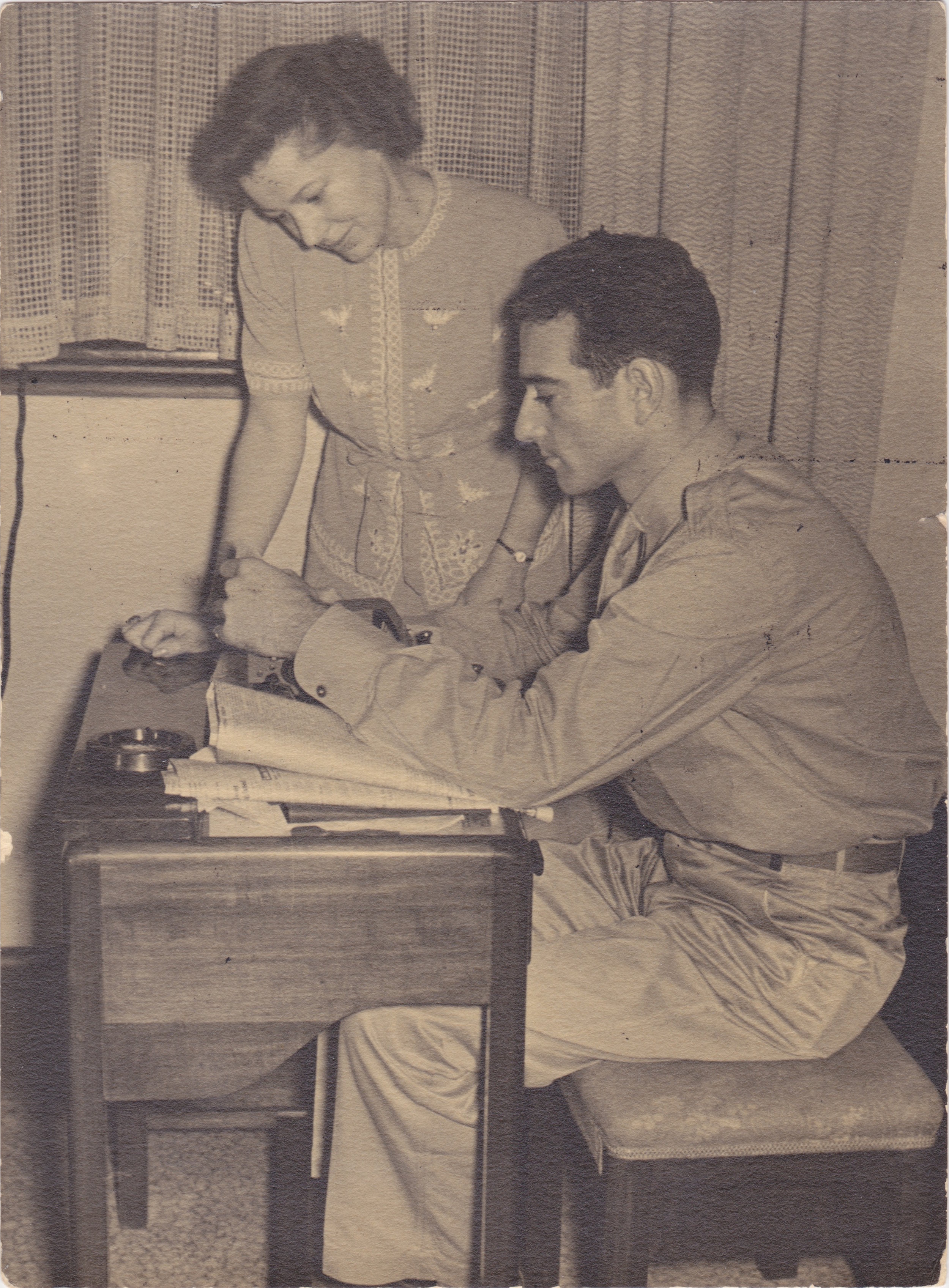

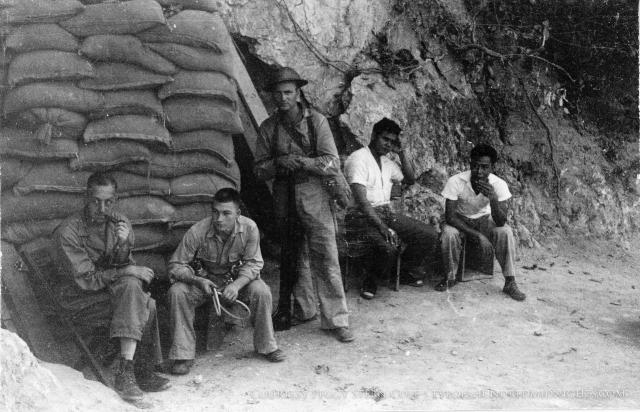

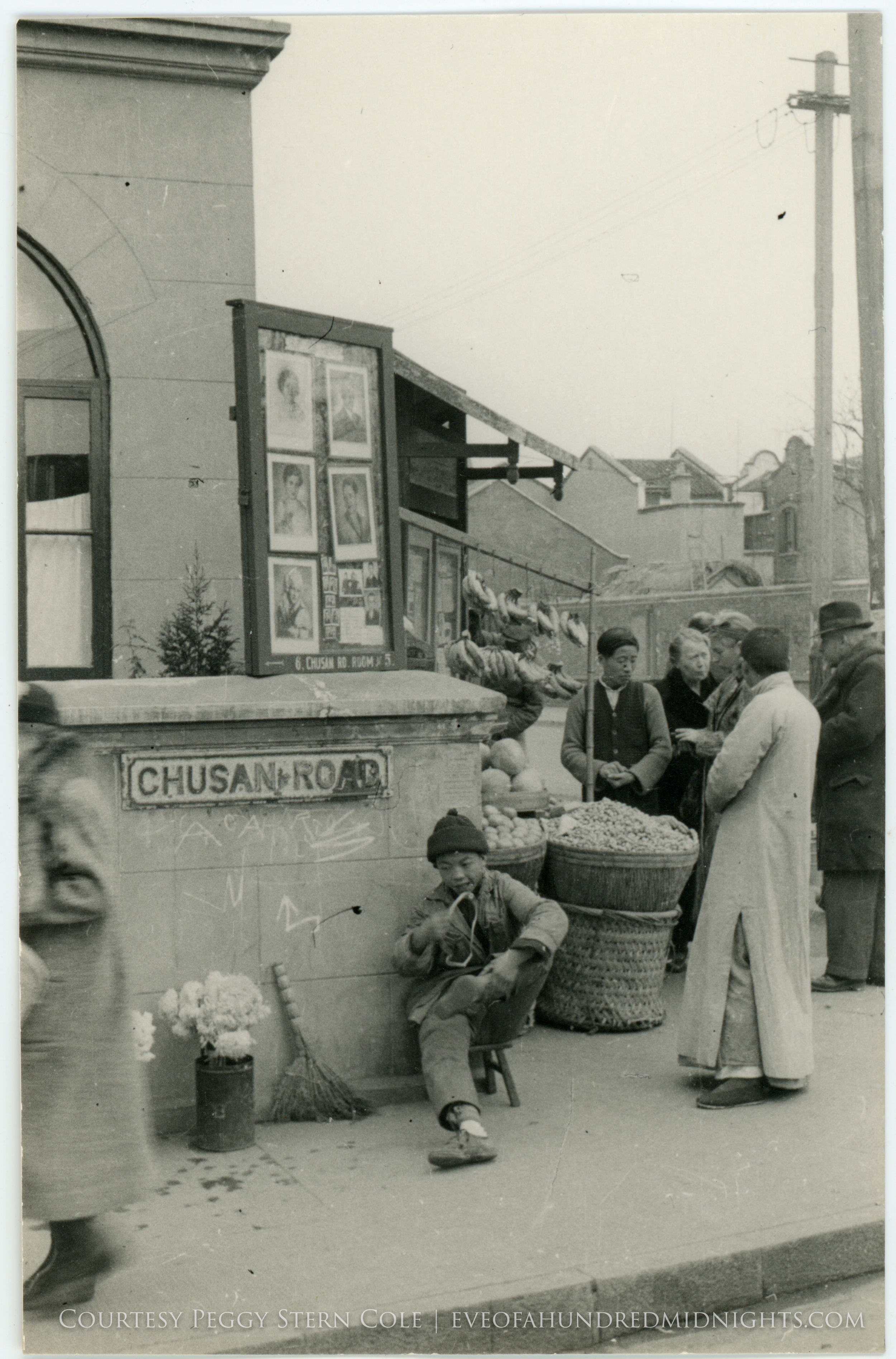
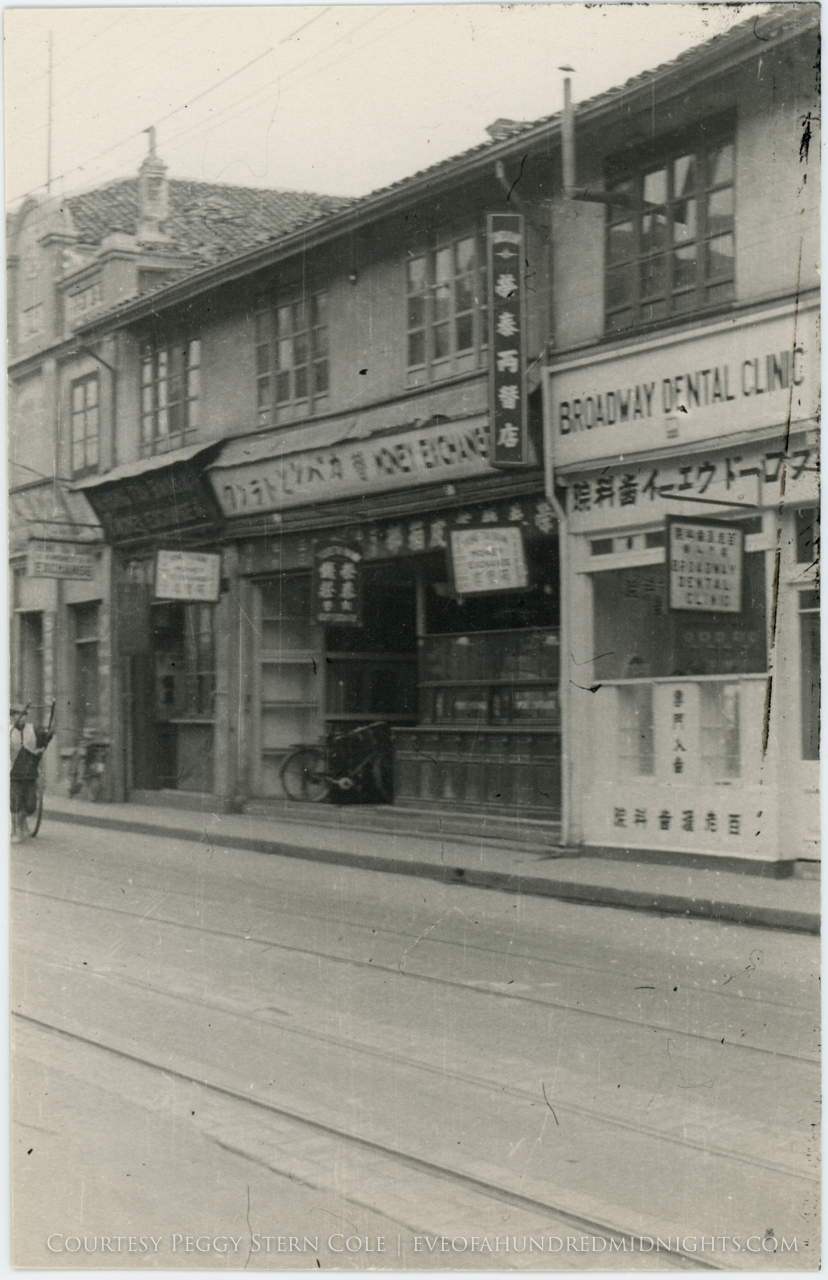
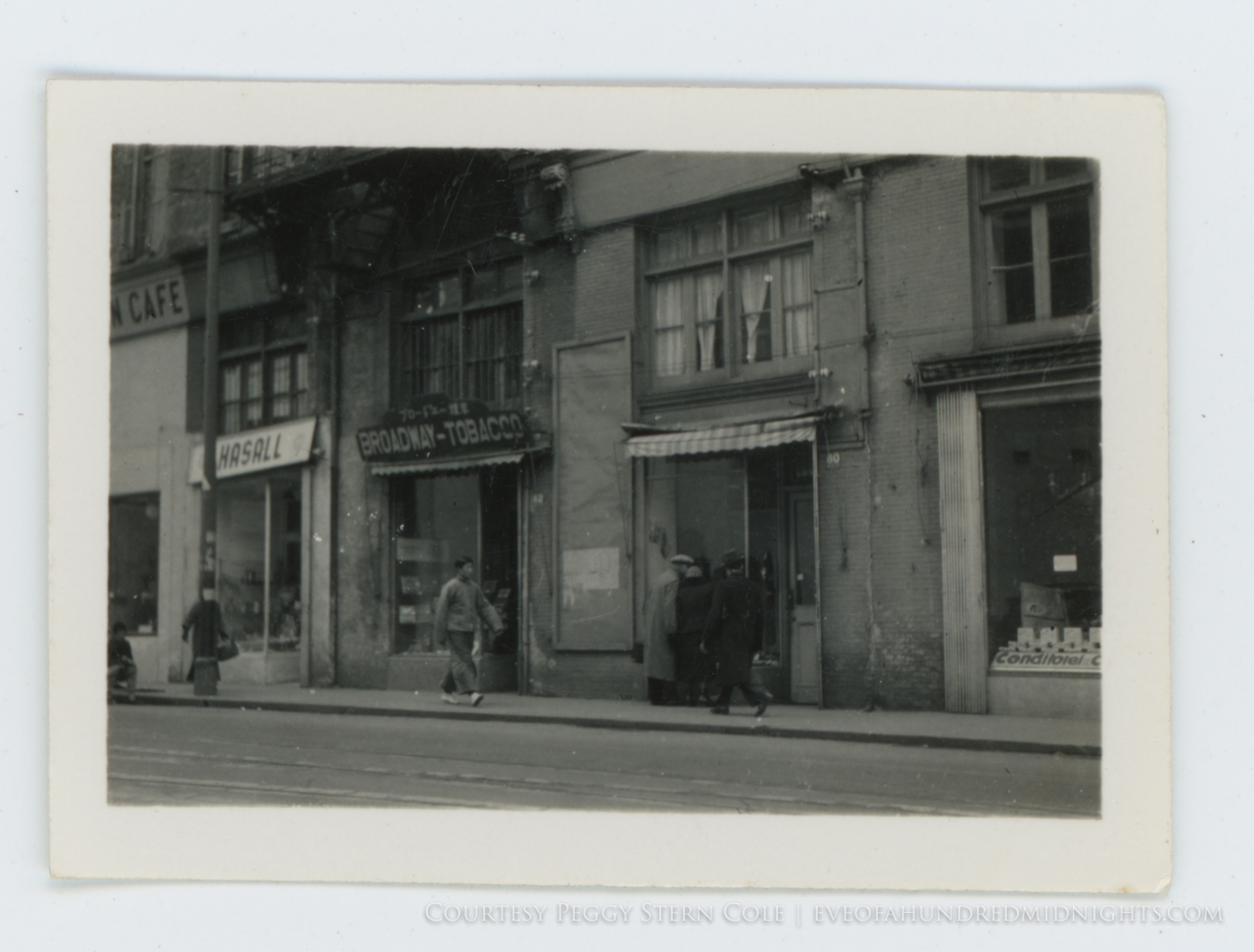
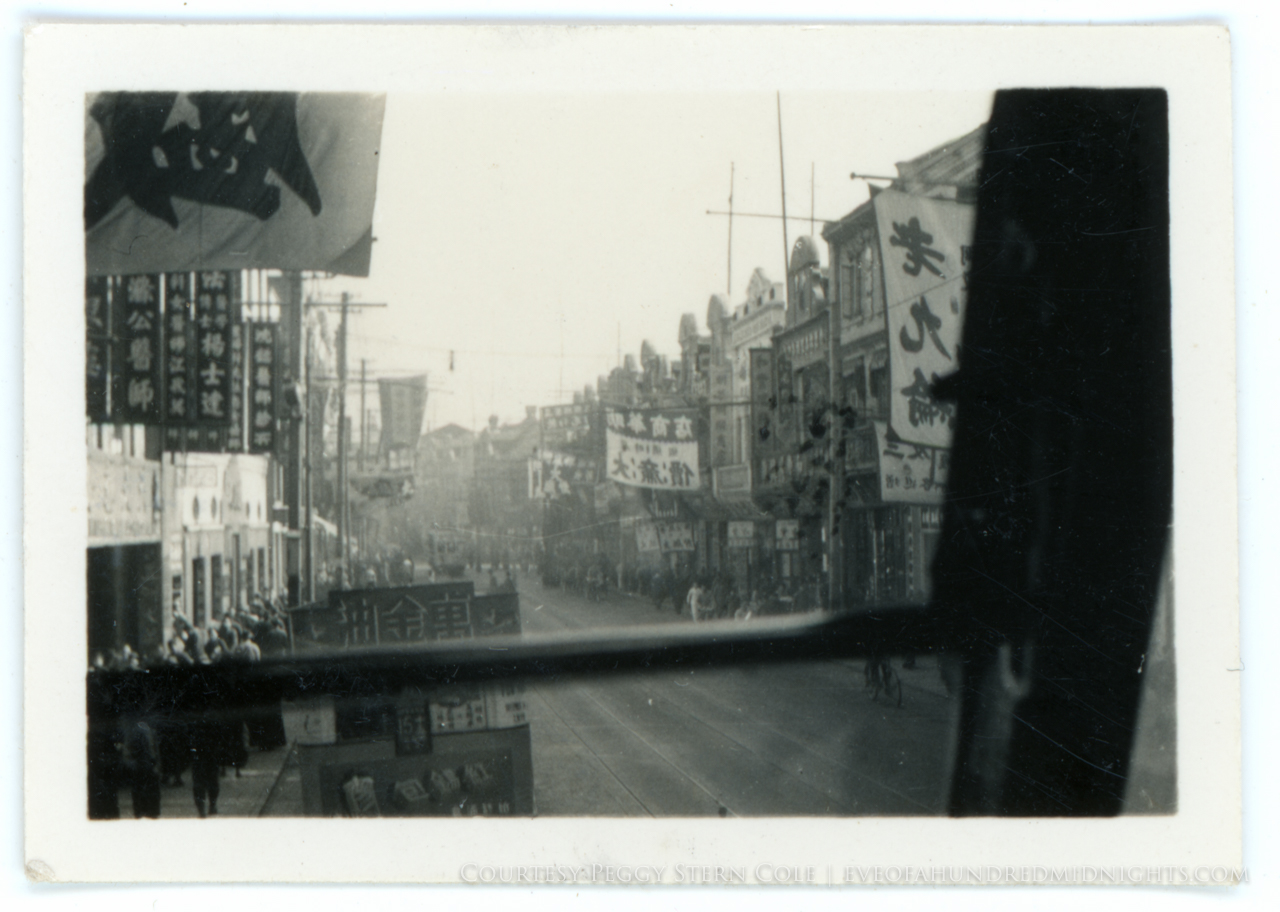
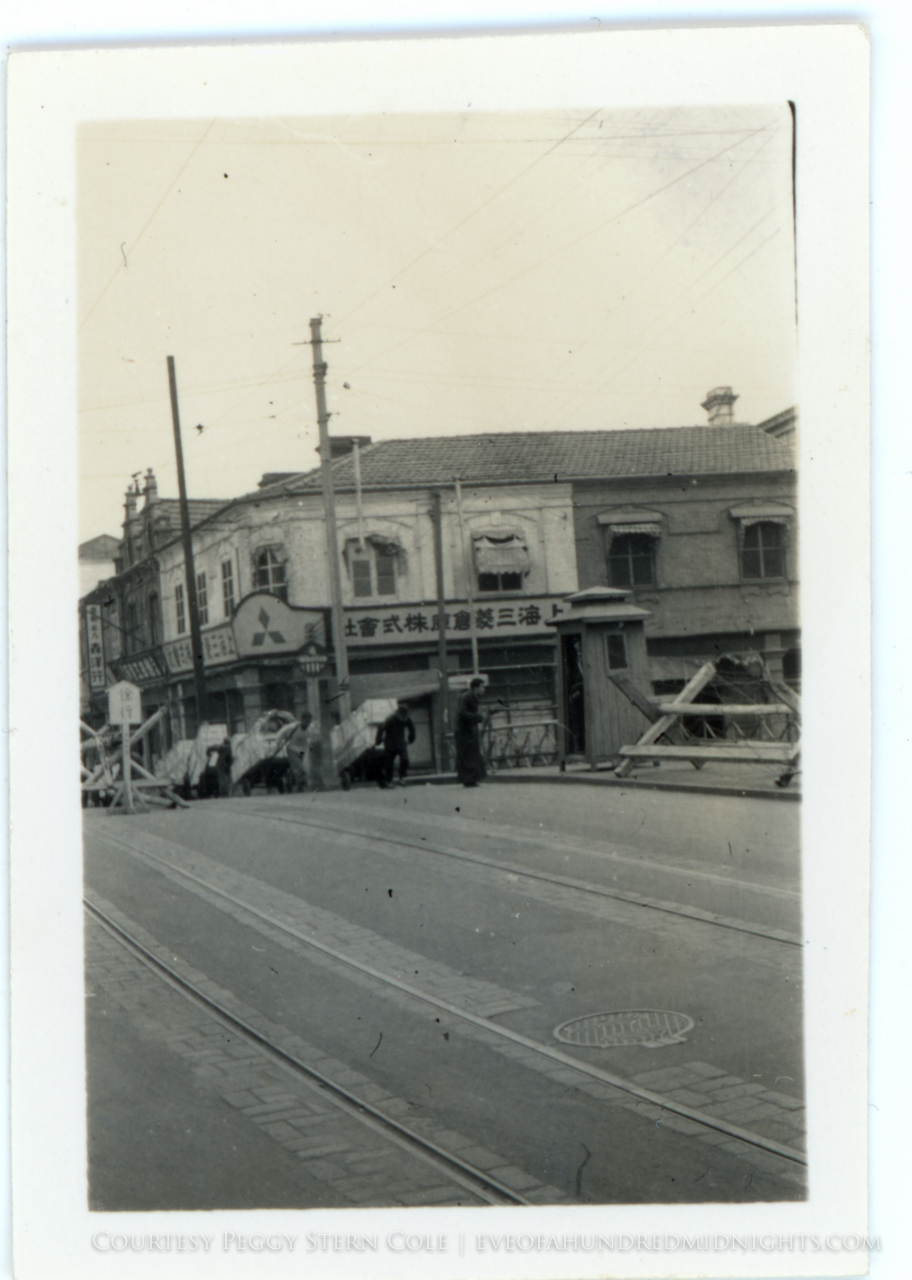
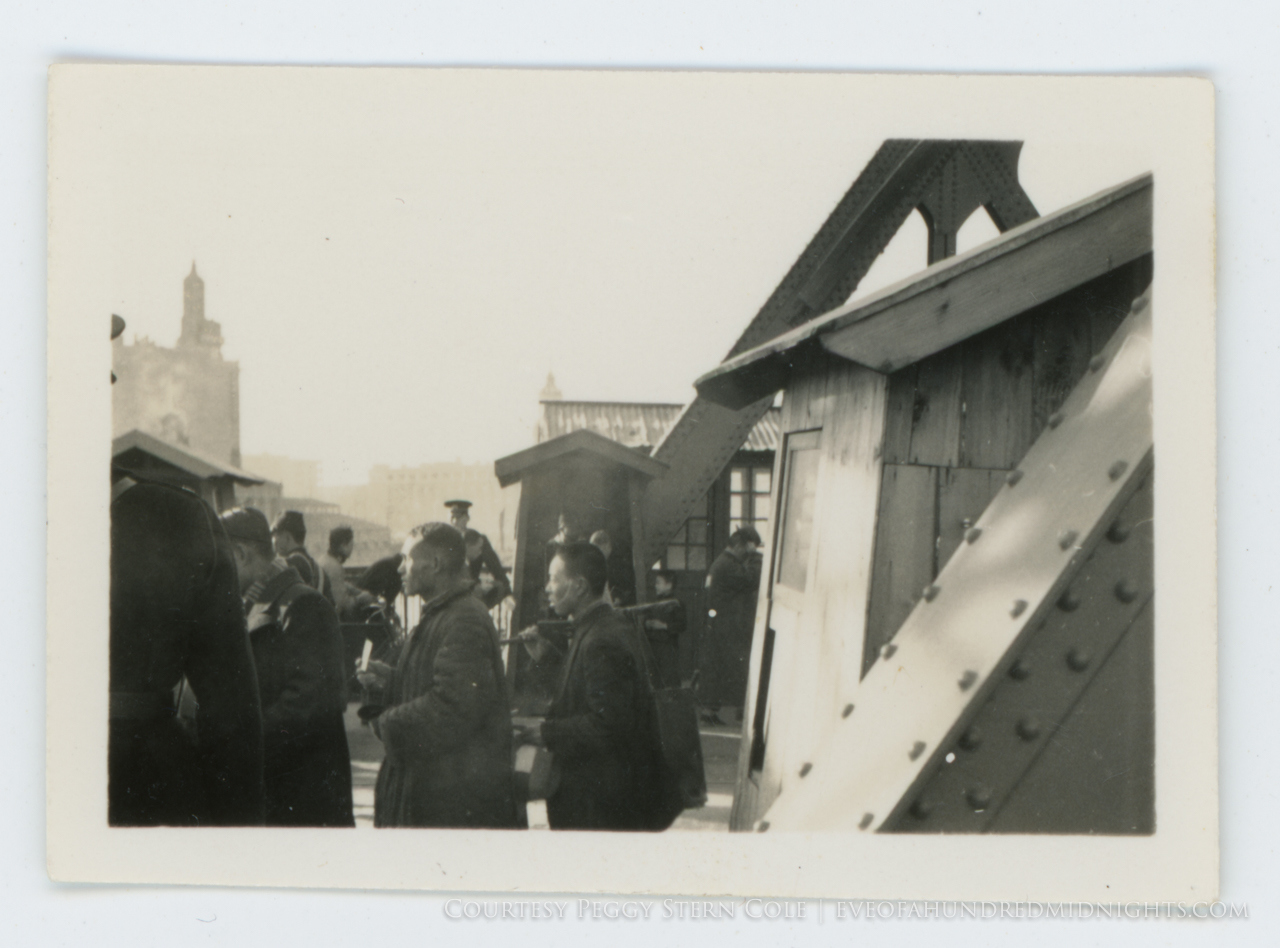
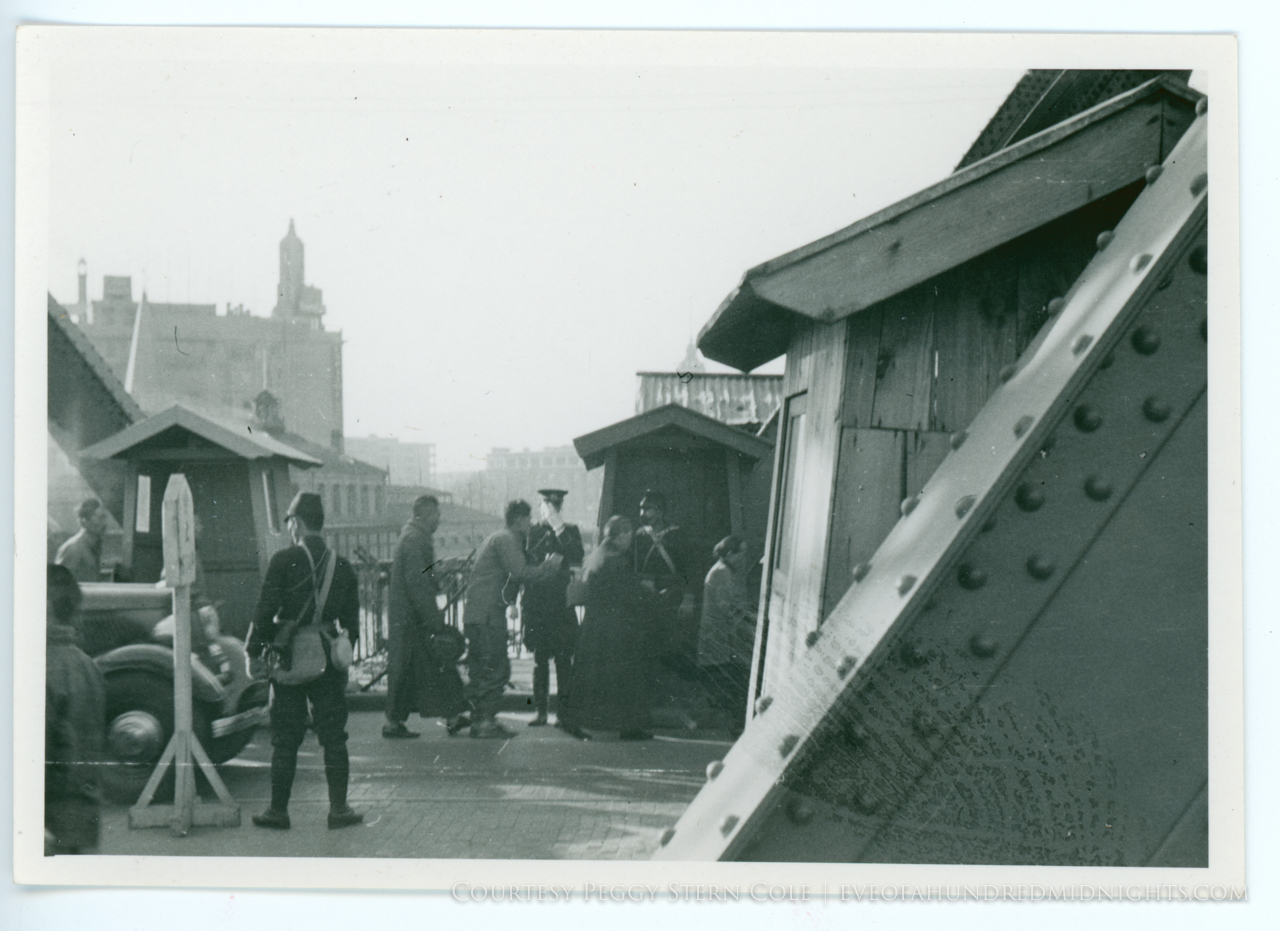
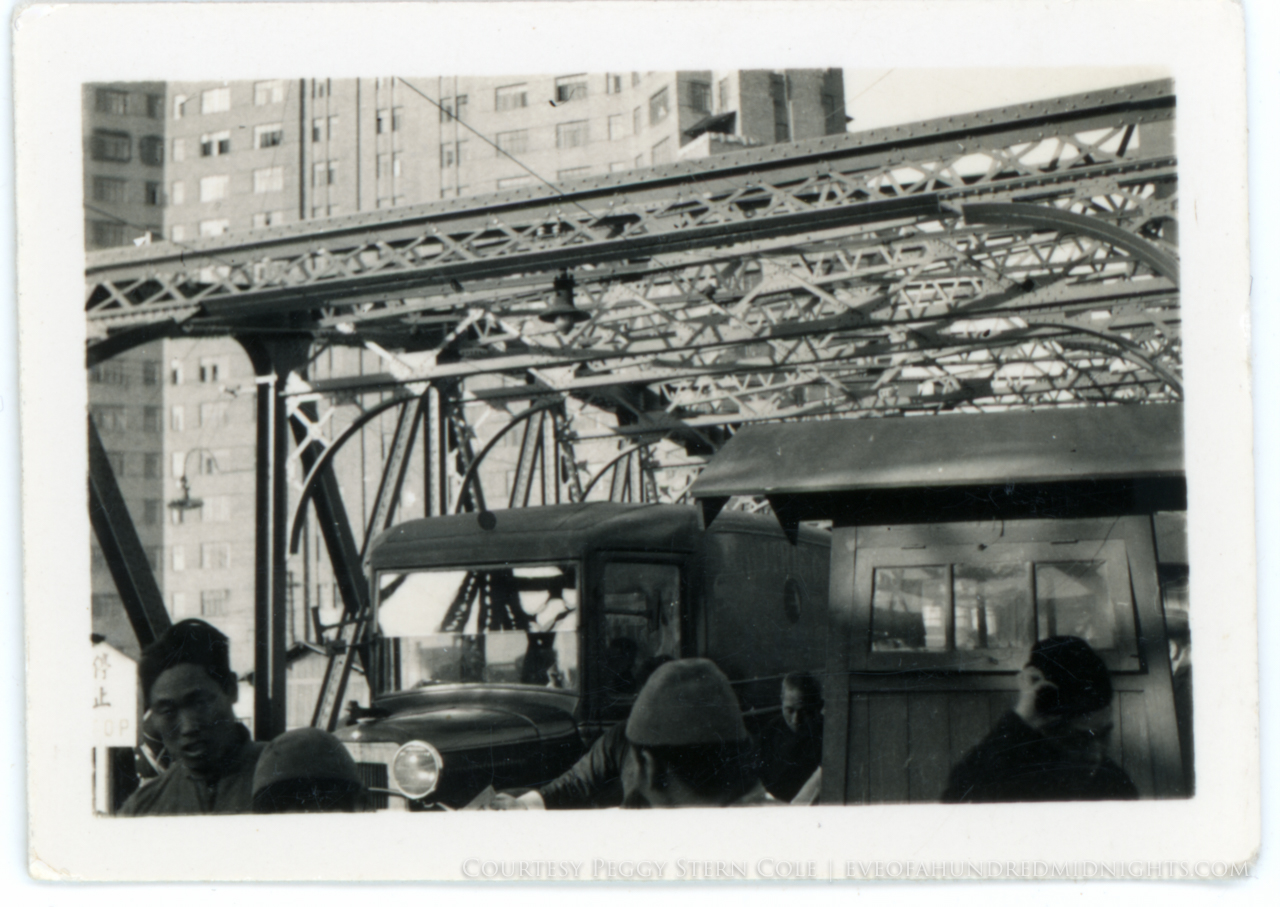
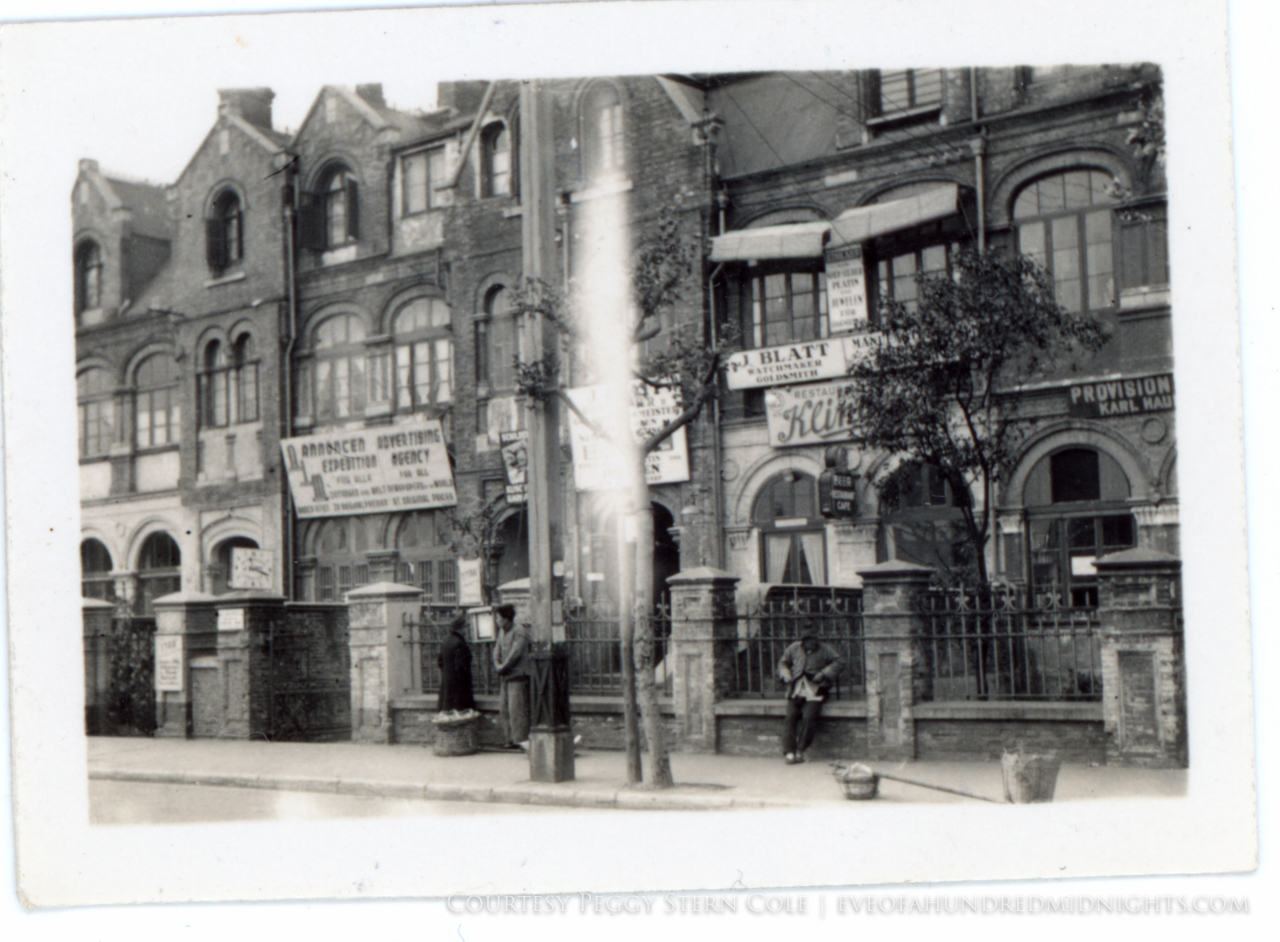
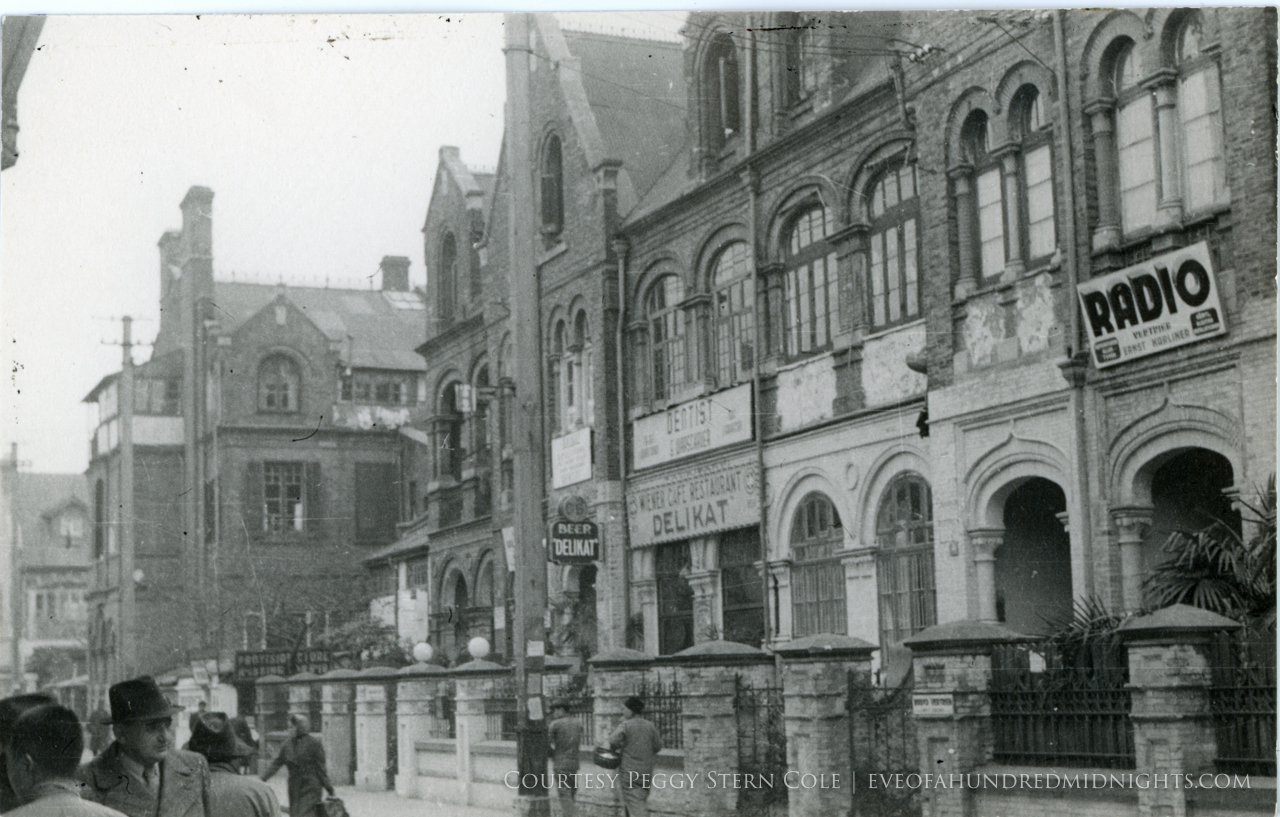
![Restaurant Rosenthal With Bike in Foreground [Good shot] Shanghai.jpg](https://images.squarespace-cdn.com/content/v1/51db1d79e4b03e2f06324d97/1473379937704-QU4YB2Z2NR49I06U7QDN/Restaurant+Rosenthal+With+Bike+in+Foreground+%5BGood+shot%5D+Shanghai.jpg)
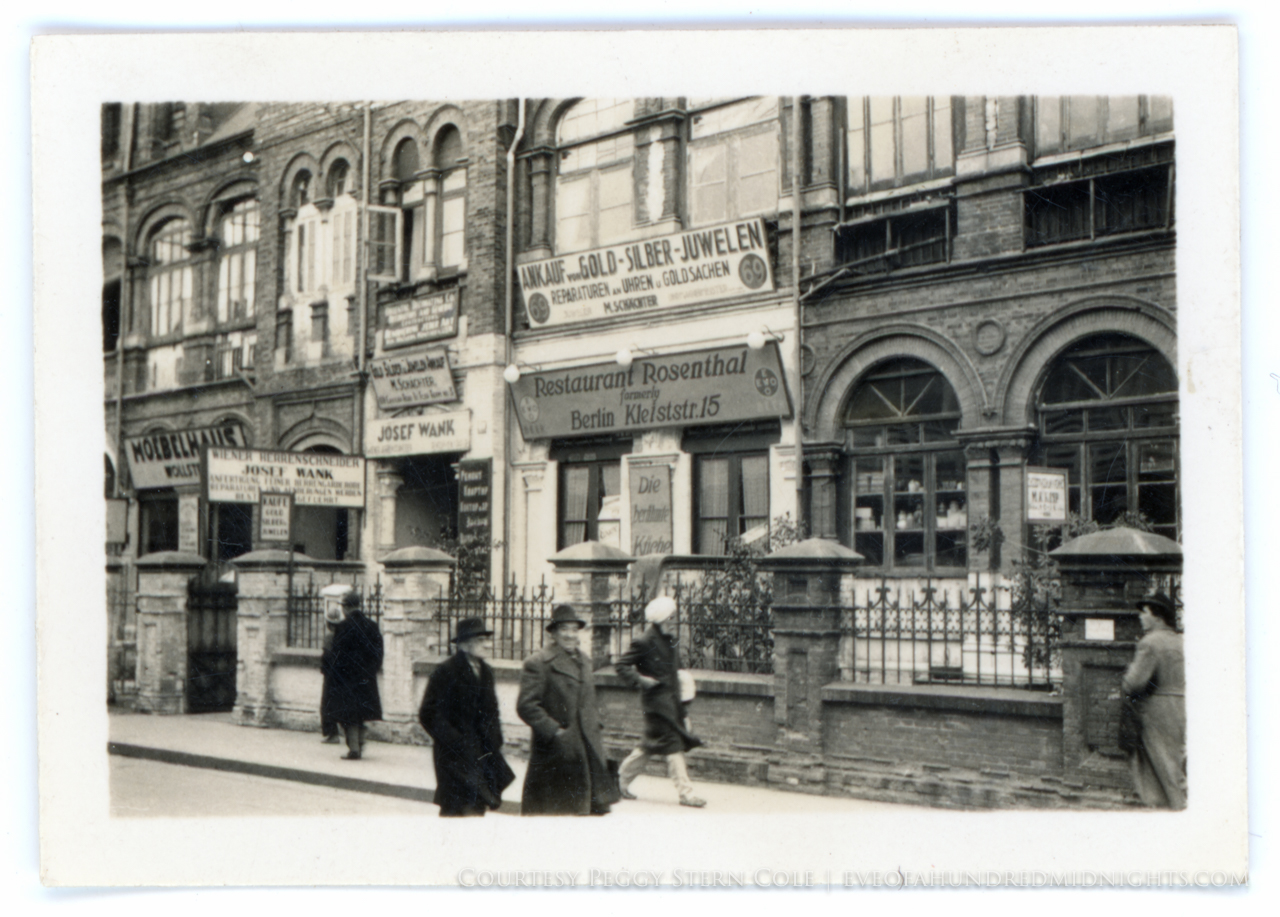
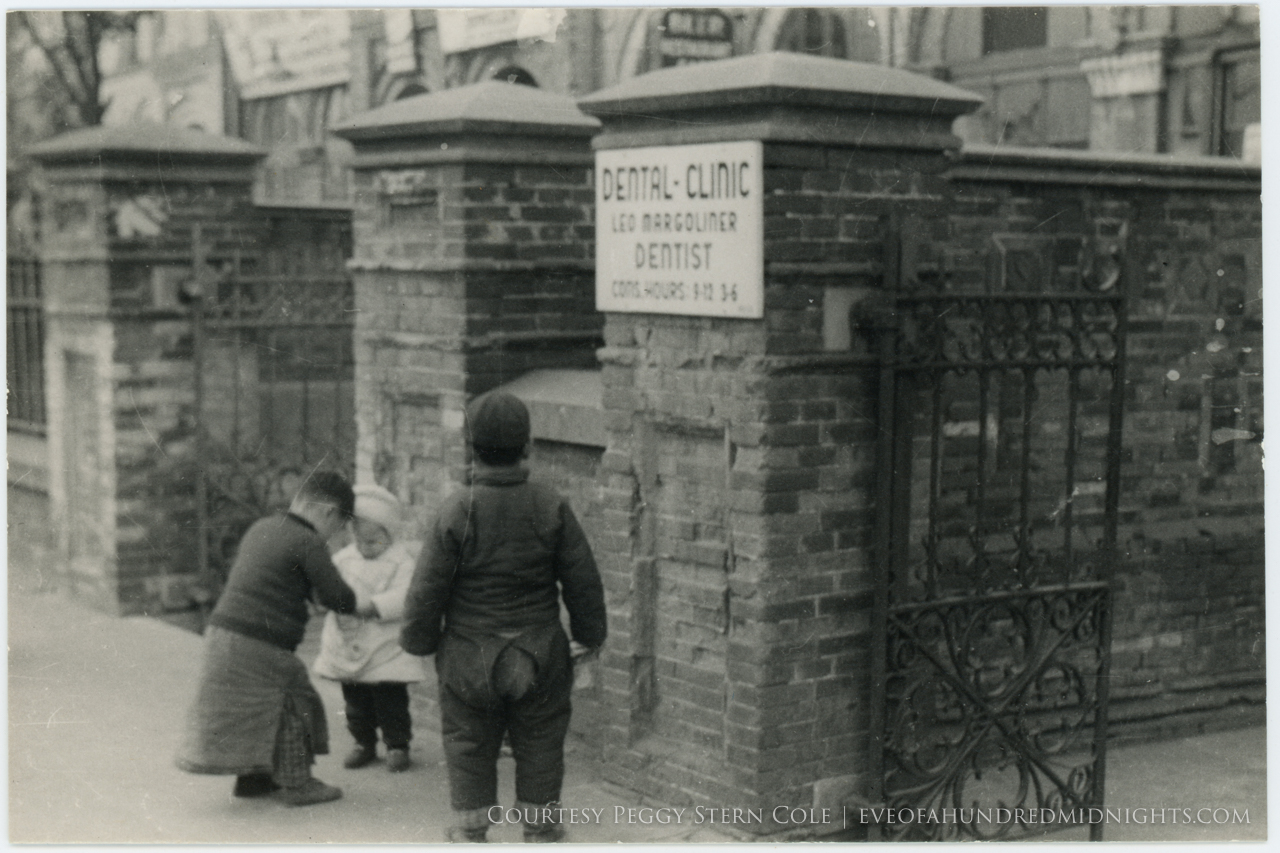
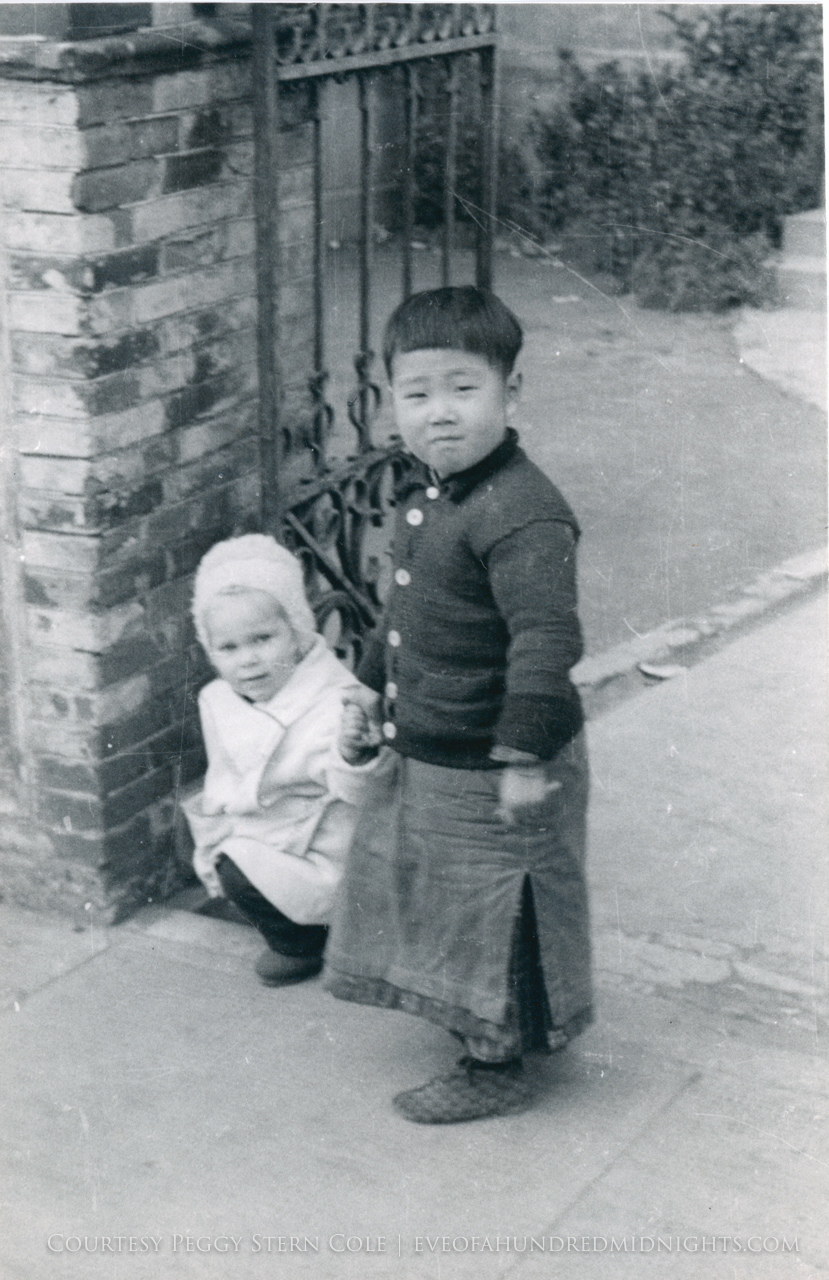
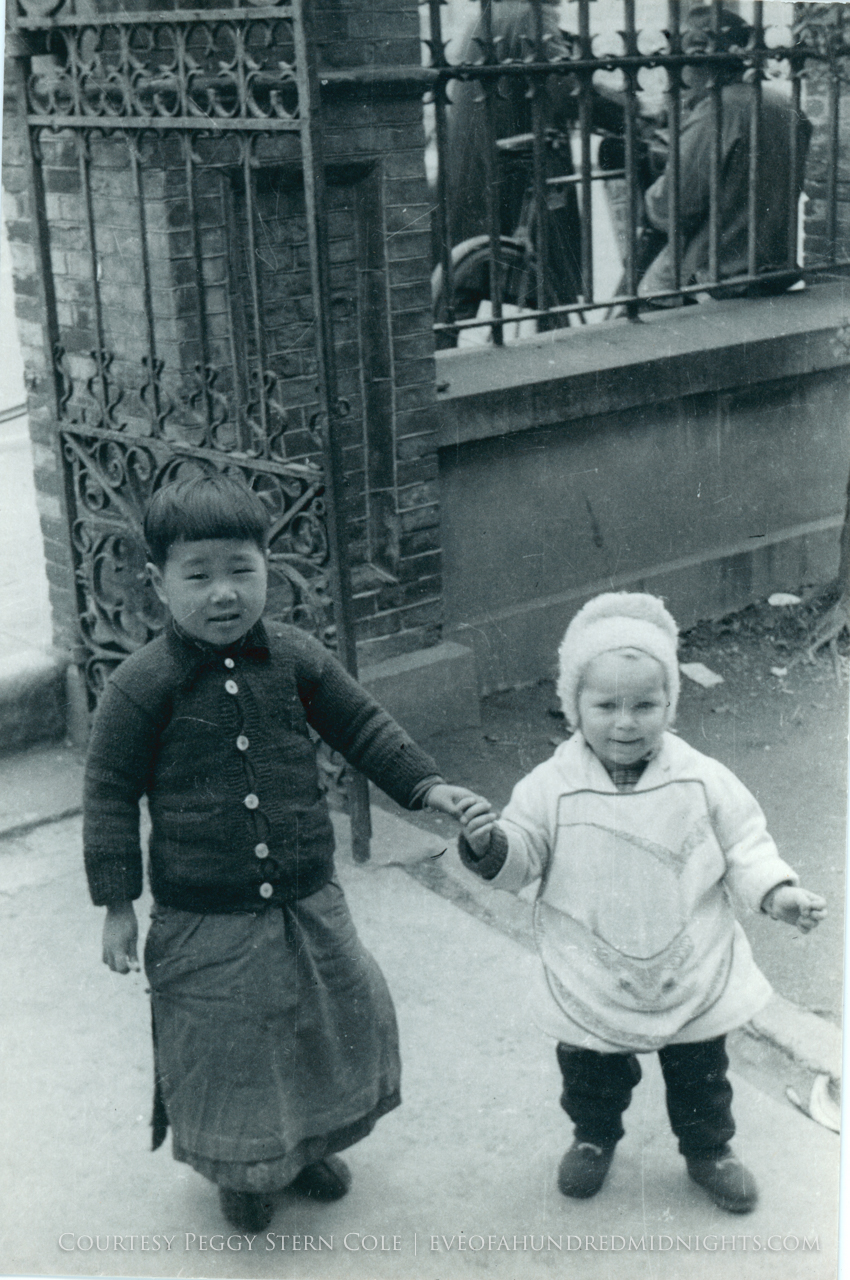
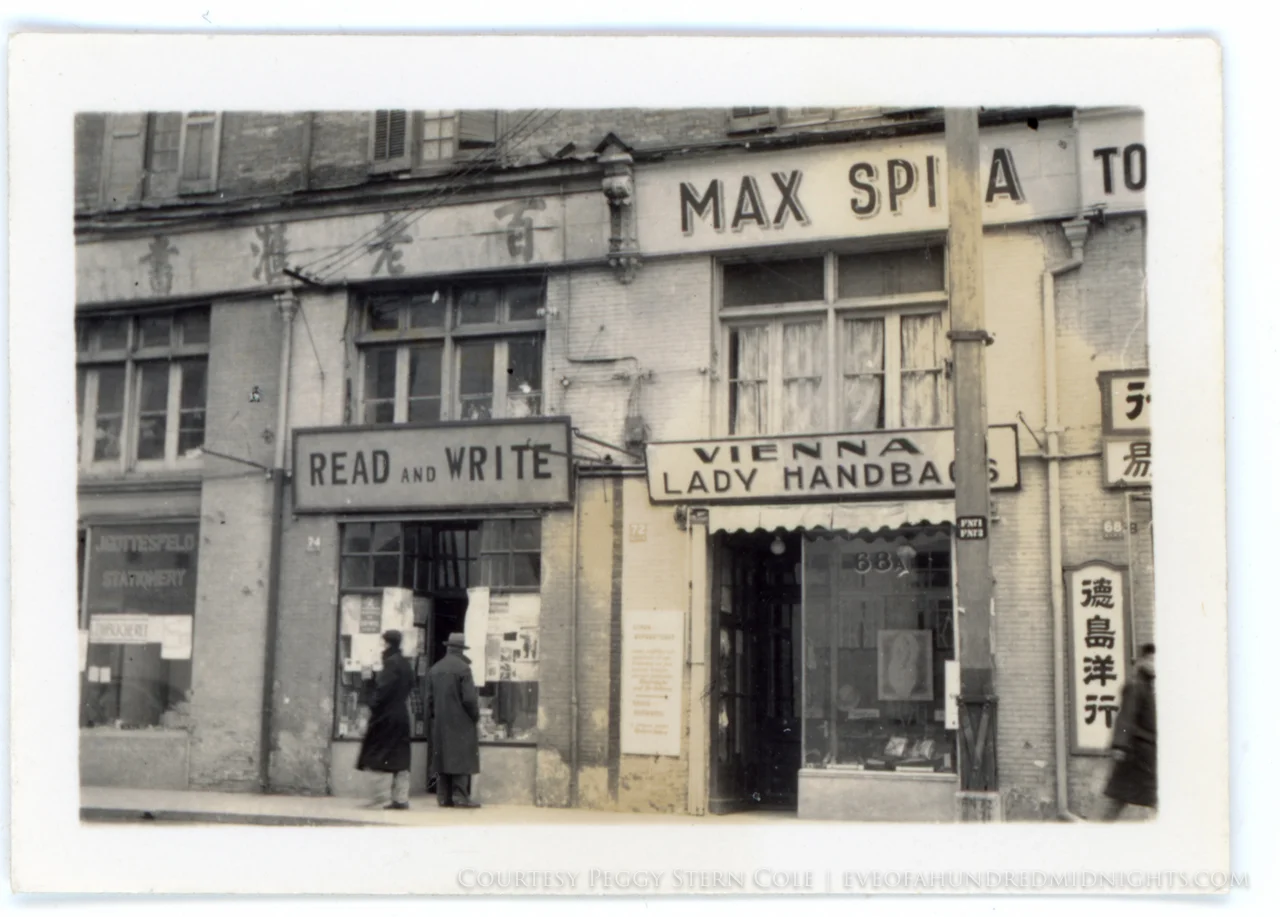
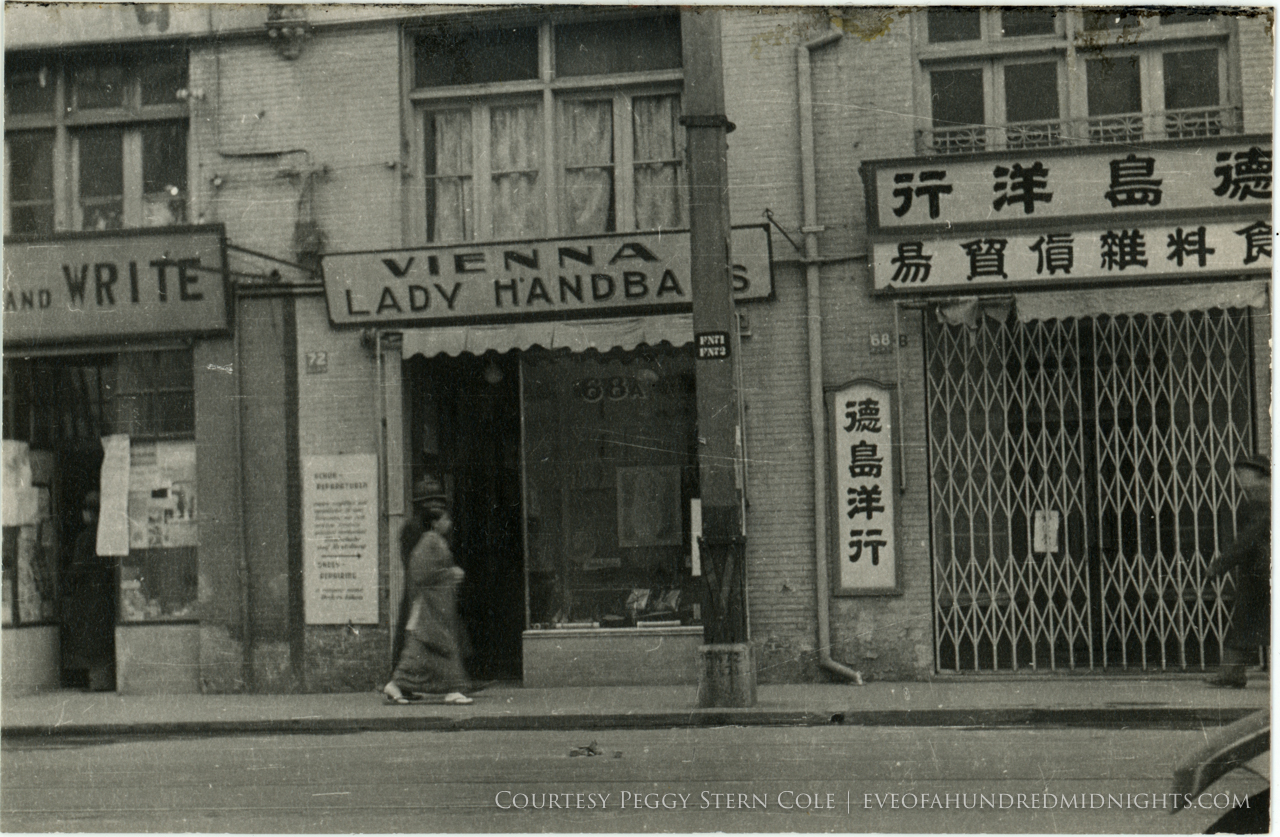
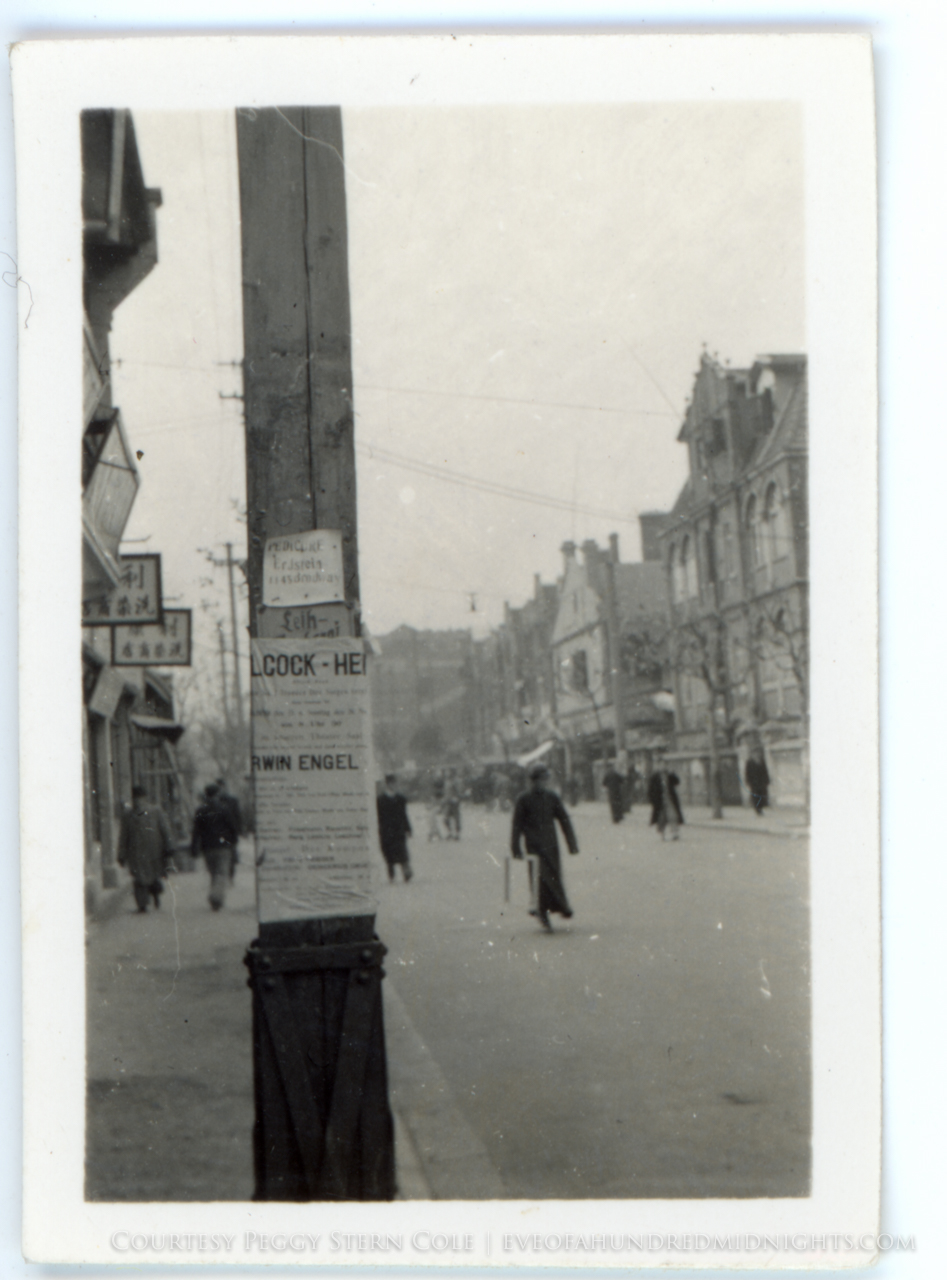
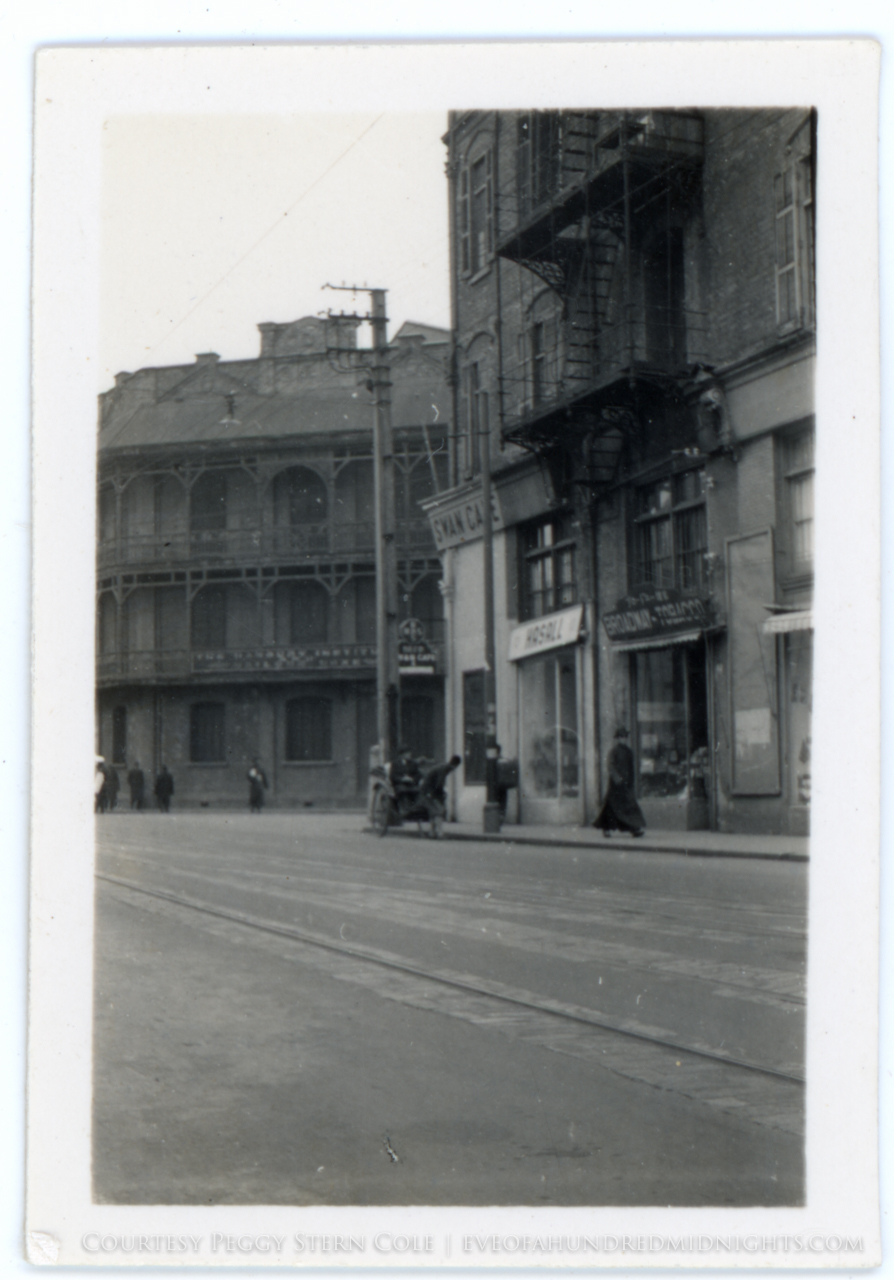
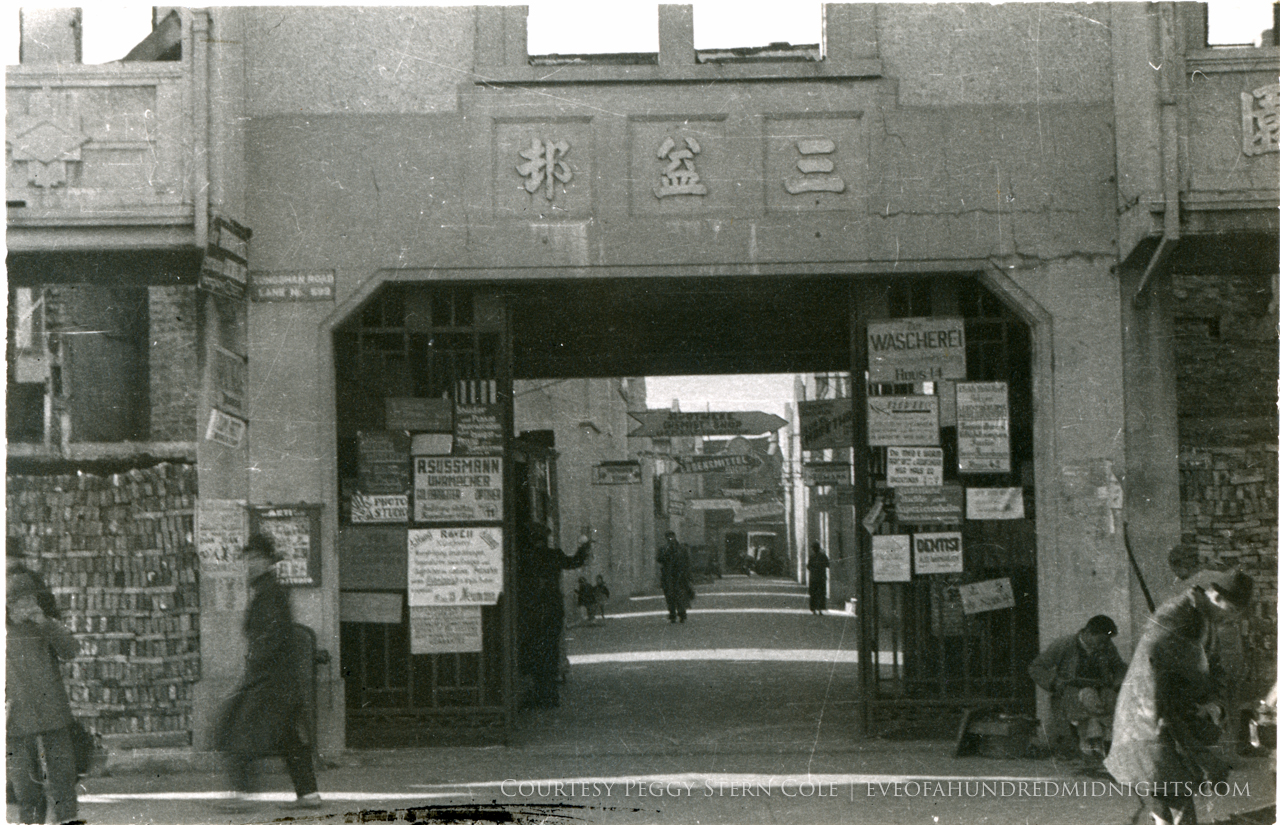

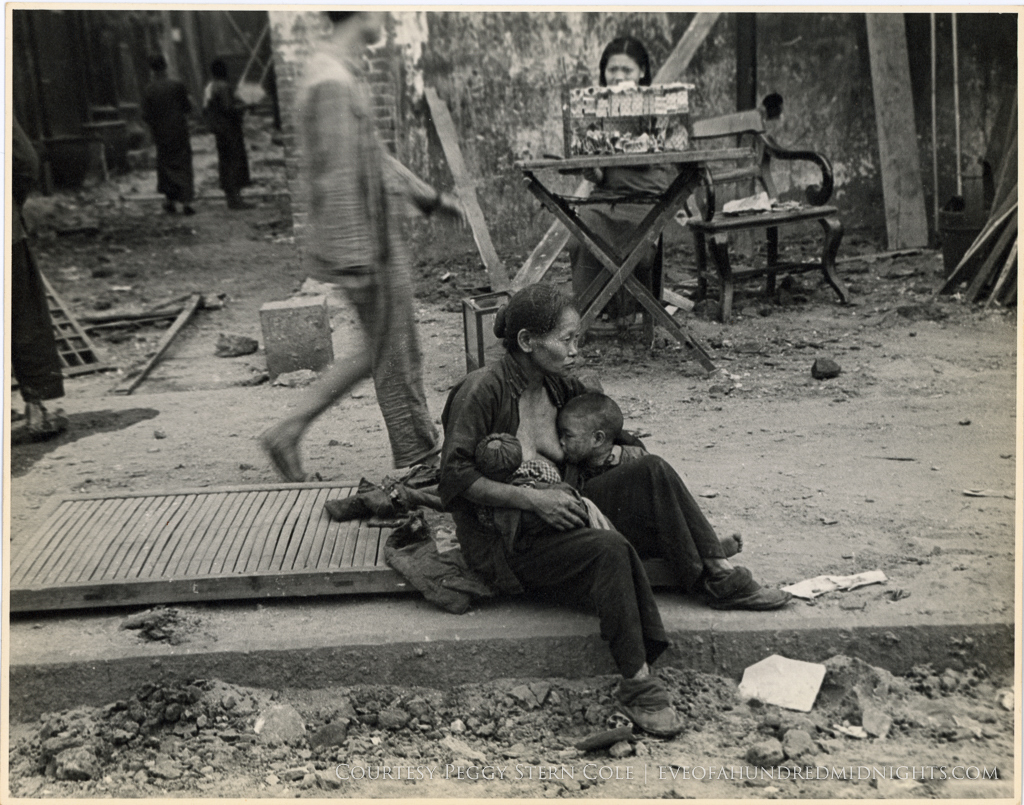
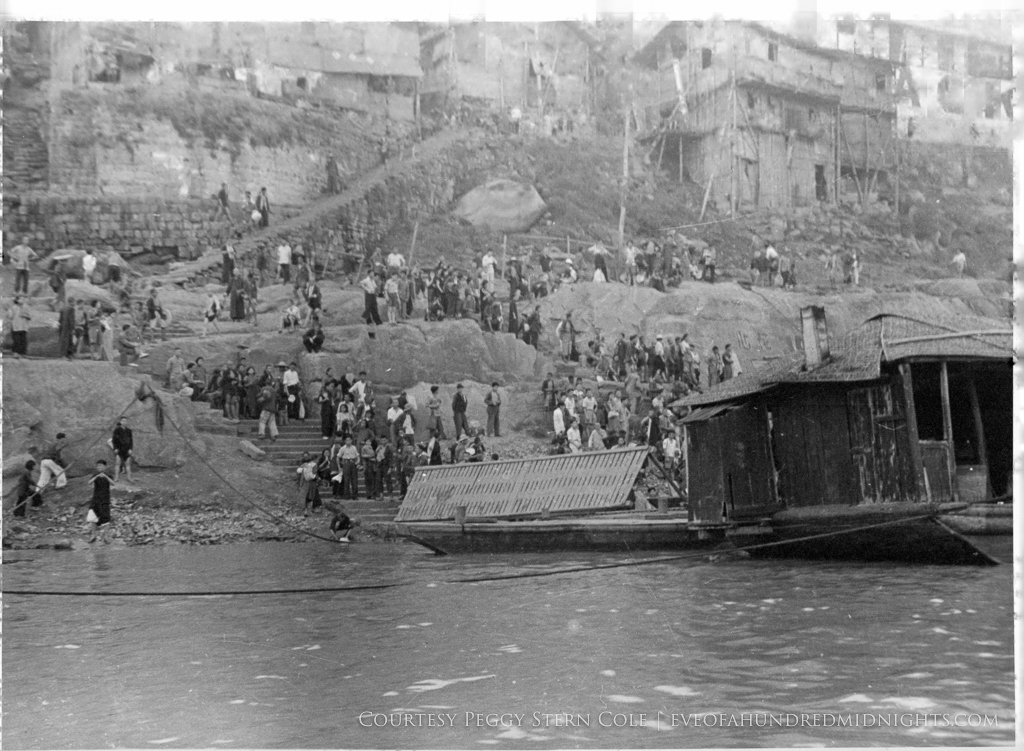
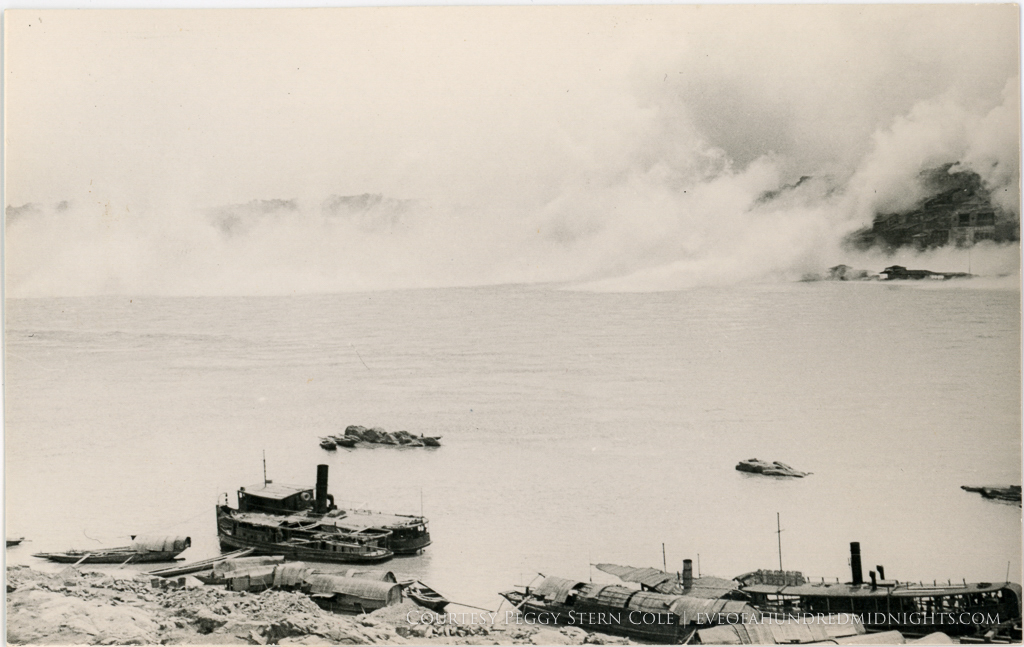
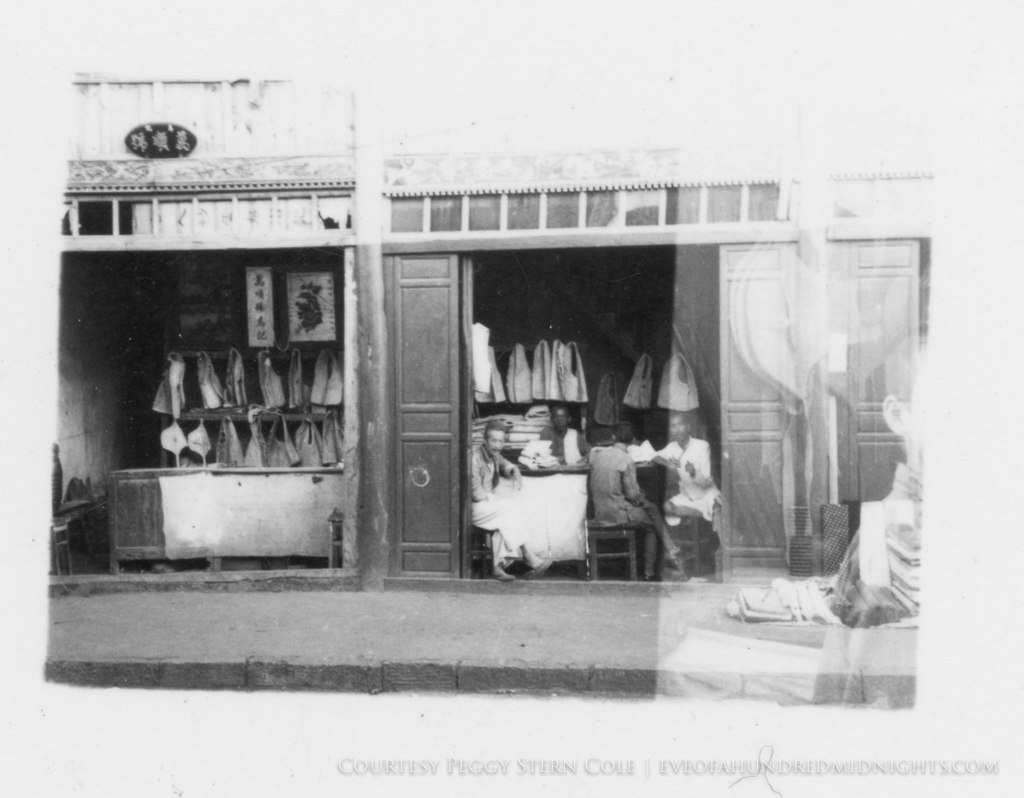
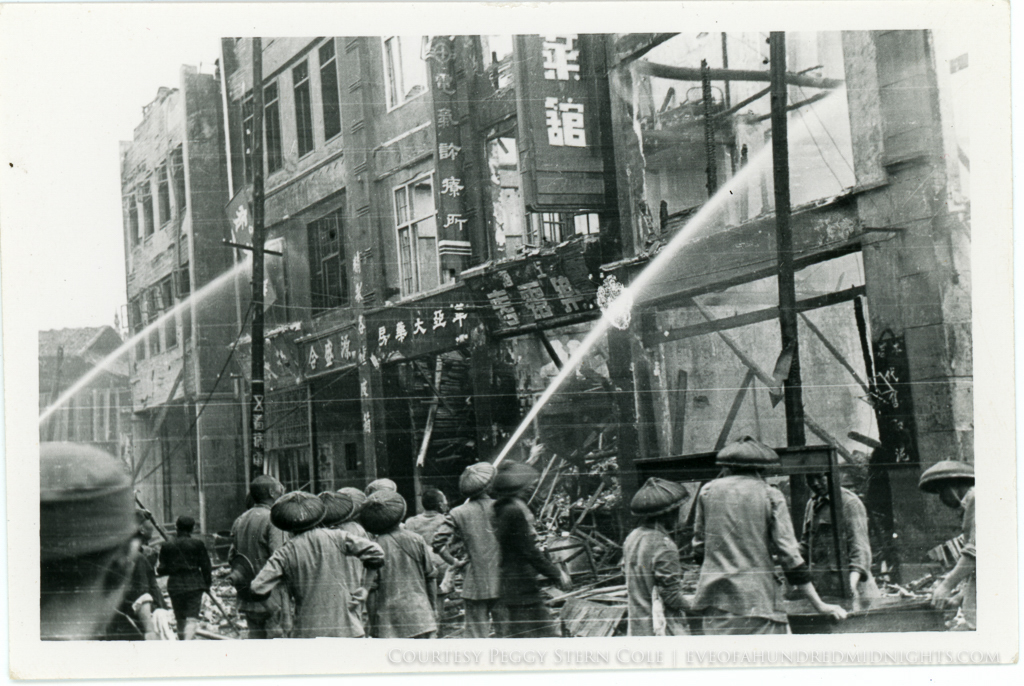
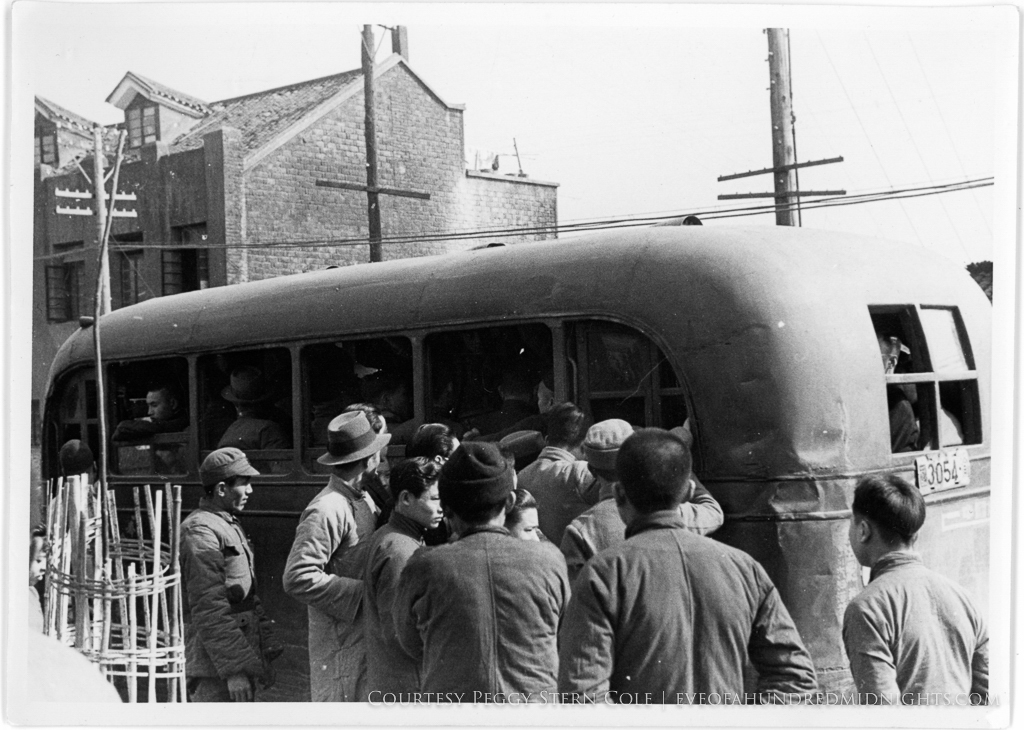
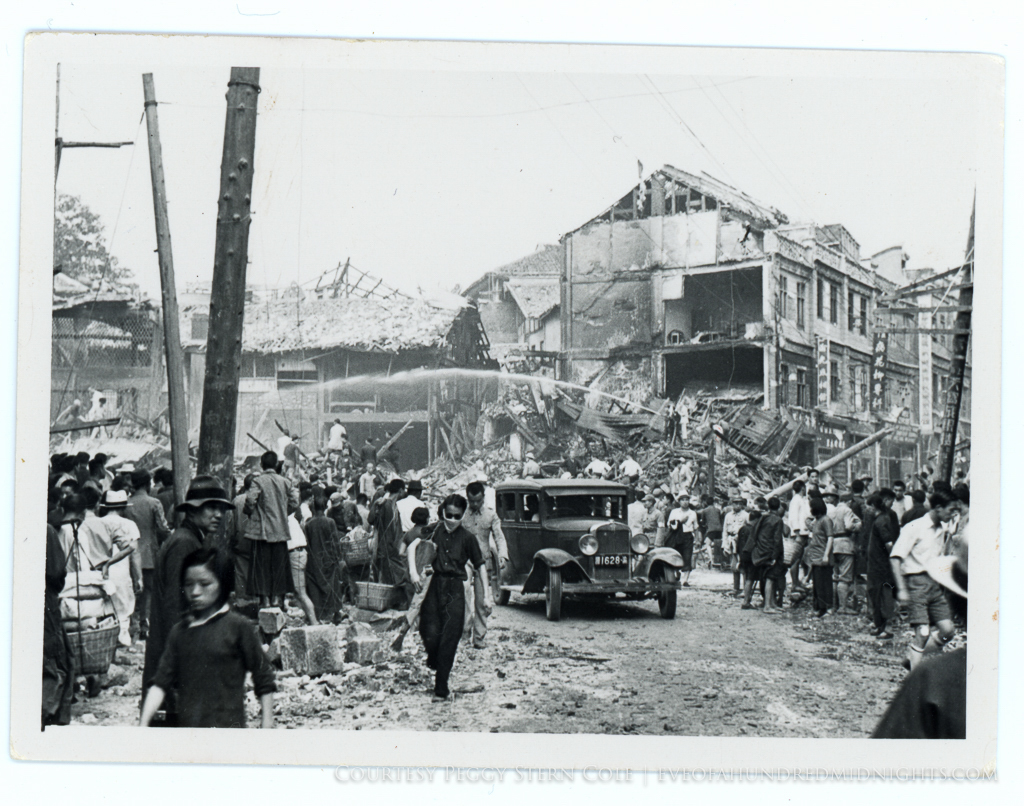
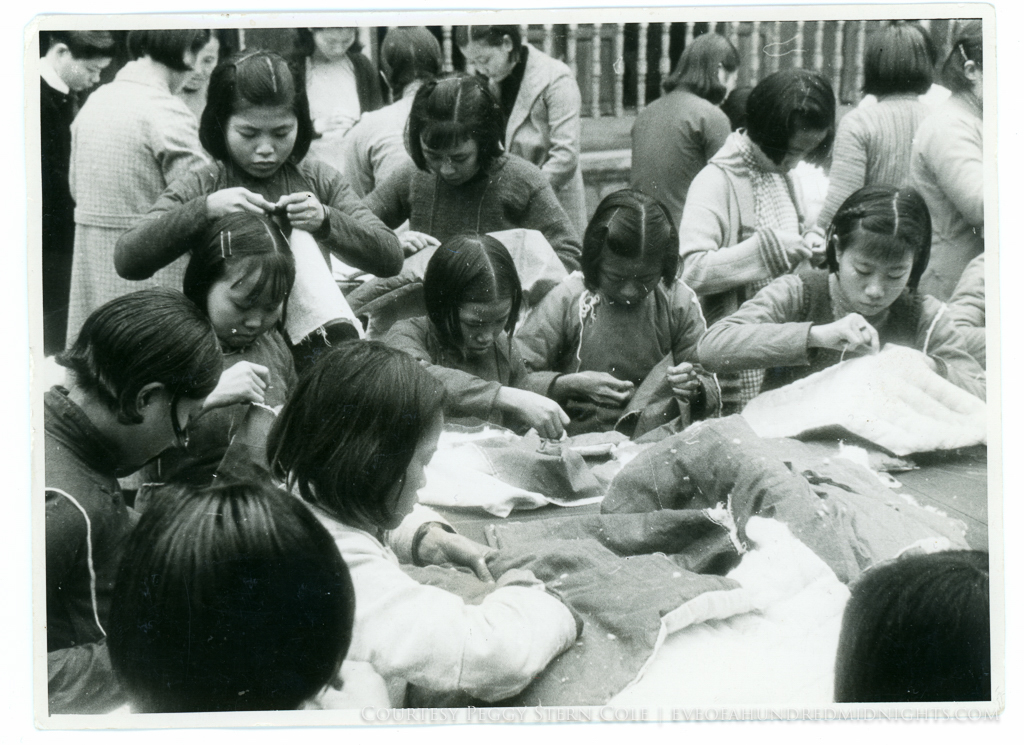
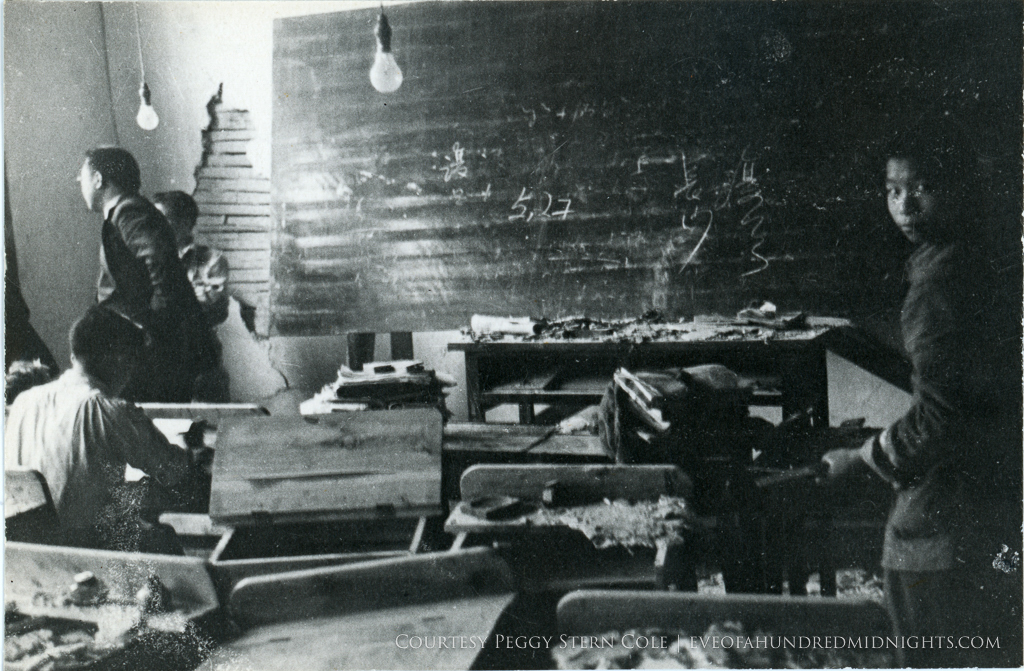
![Man on Donkey on Chungking steps [very good image].jpg](https://images.squarespace-cdn.com/content/v1/51db1d79e4b03e2f06324d97/1469649822066-D9BWG7FESO76DNZZDA1H/Man+on+Donkey+on+Chungking+steps+%5Bvery+good+image%5D.jpg)
